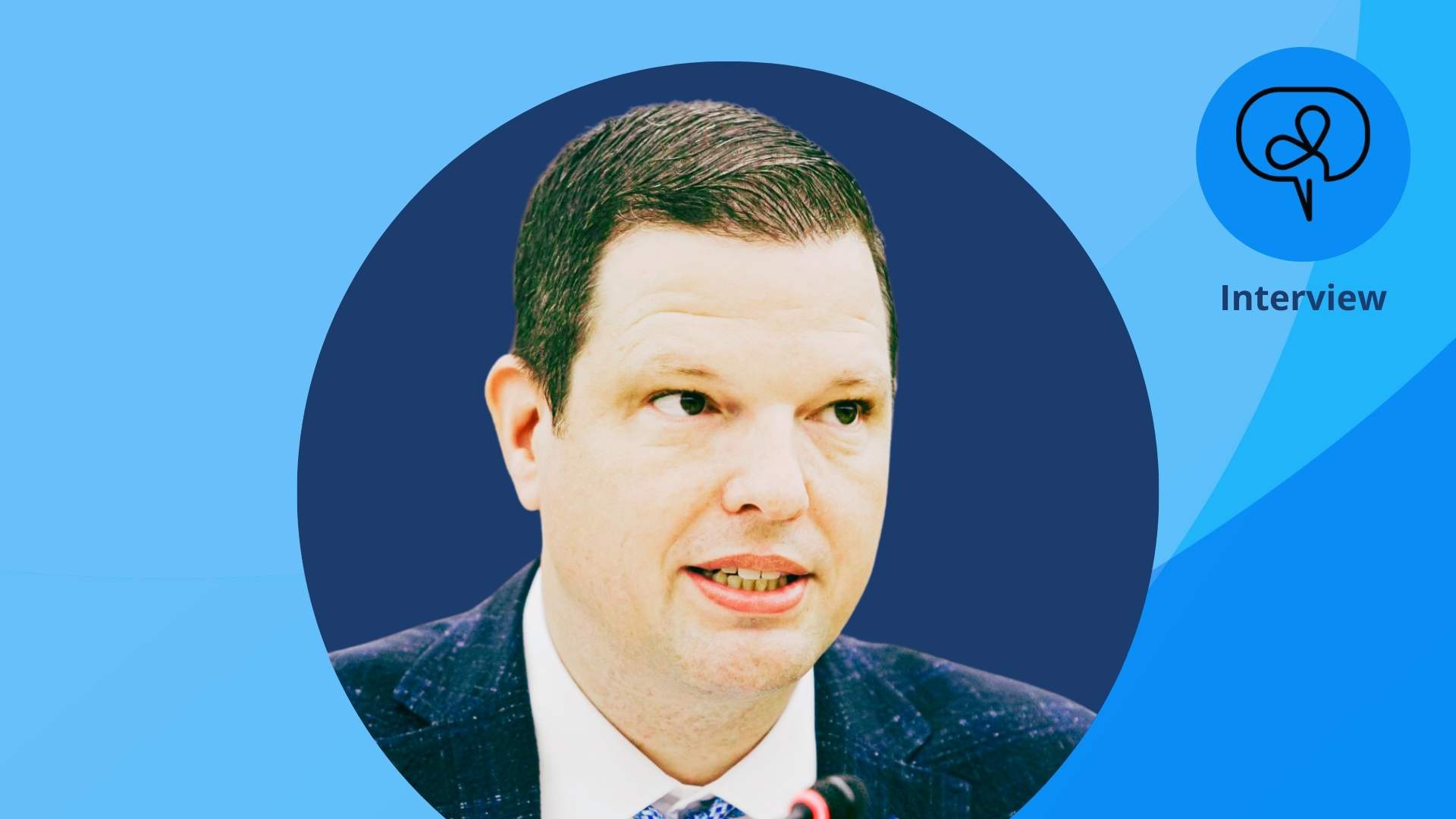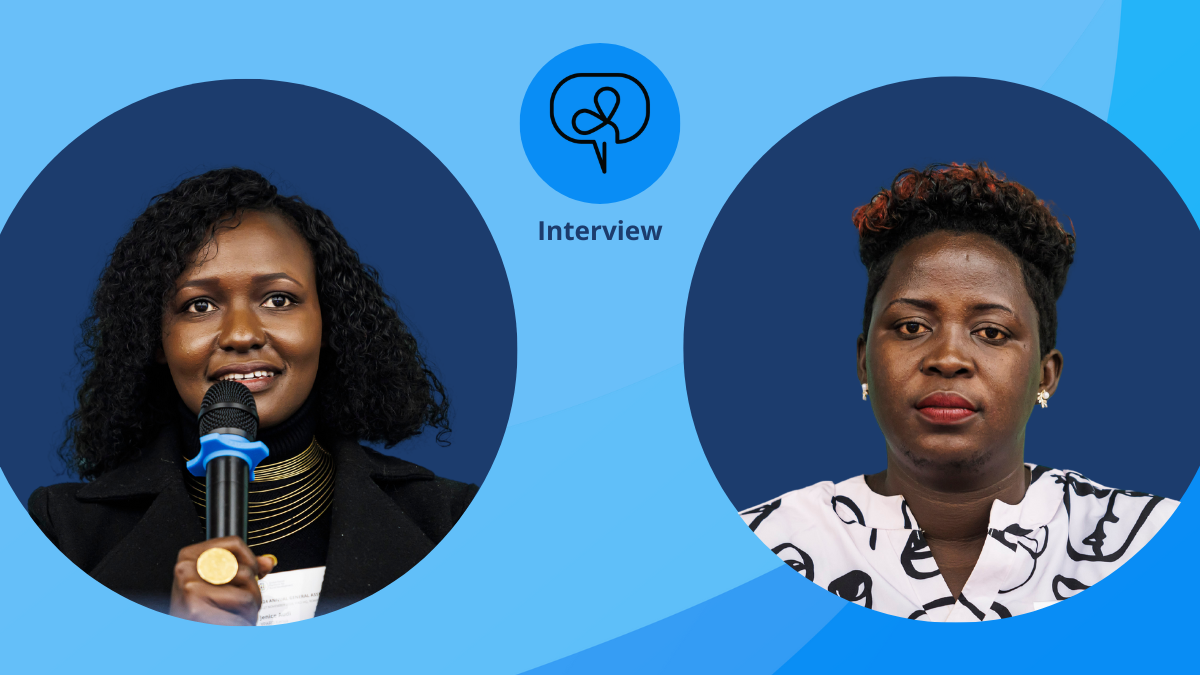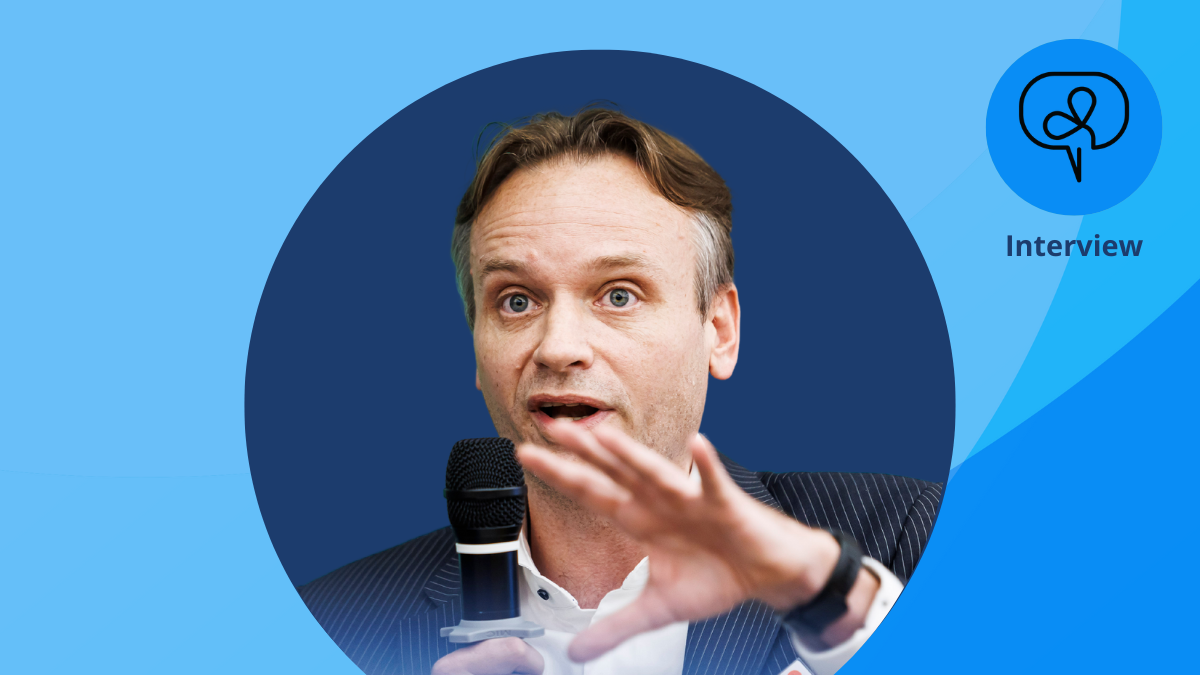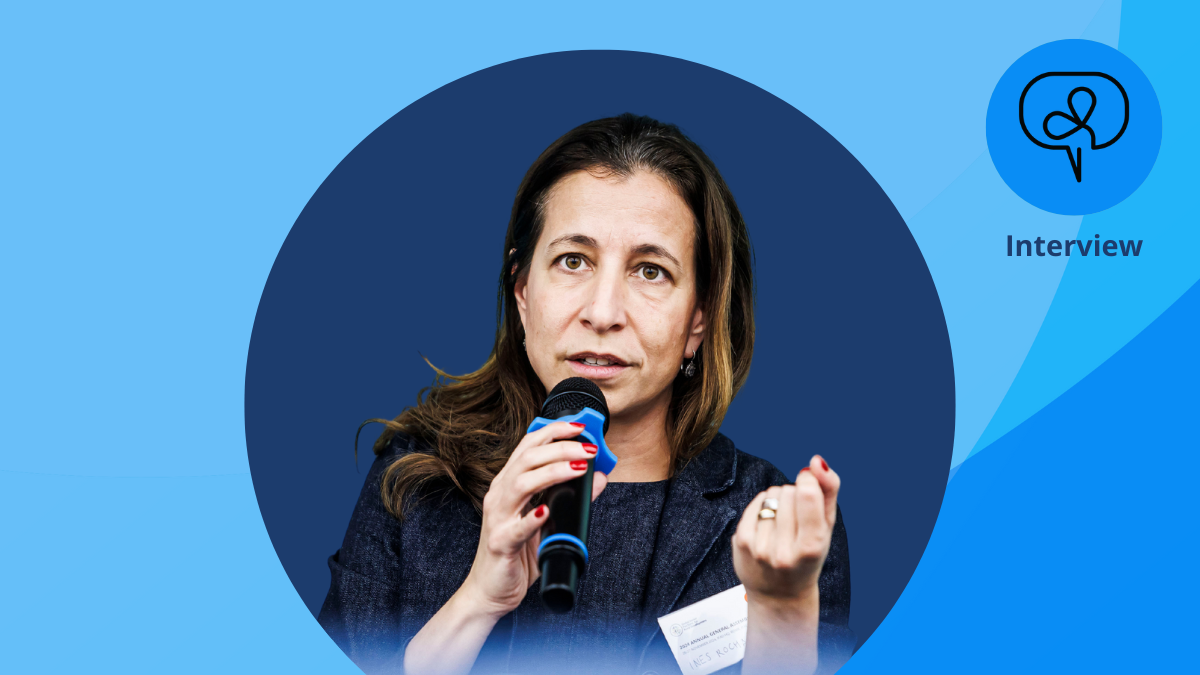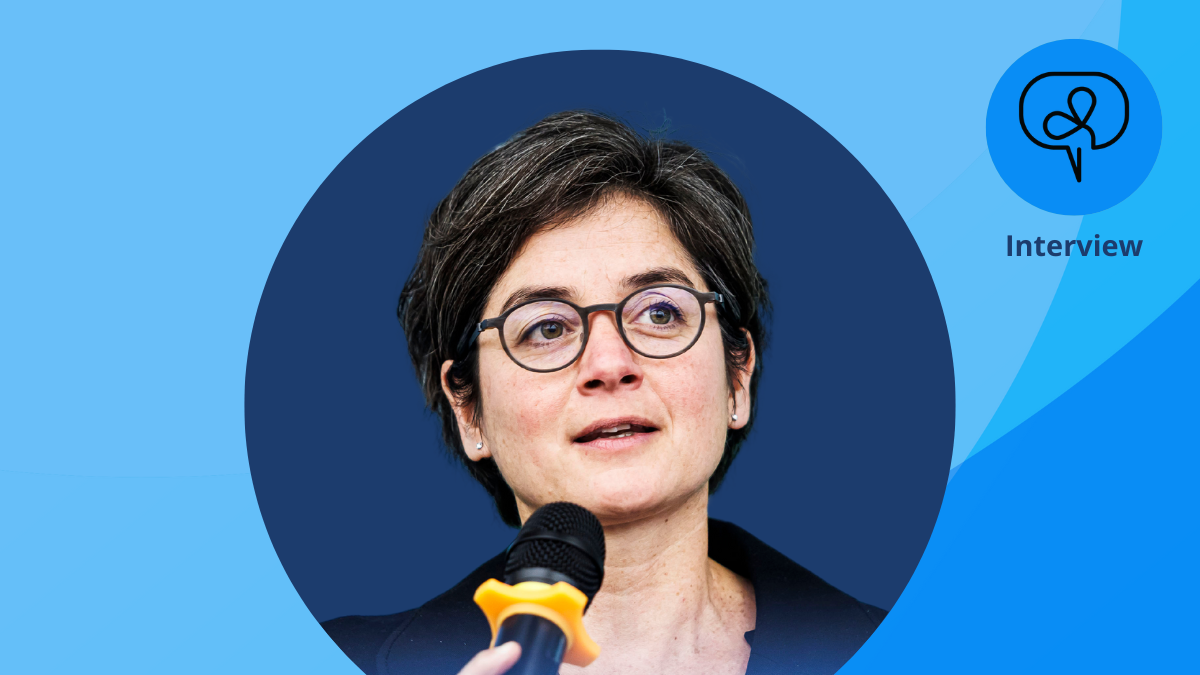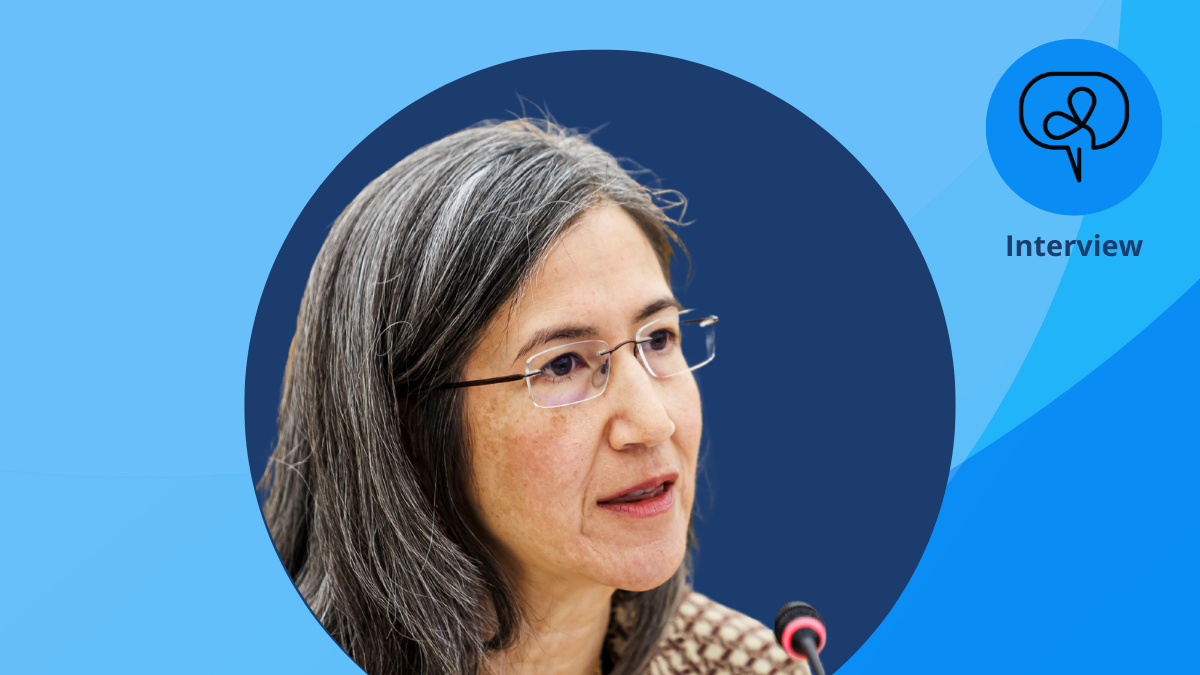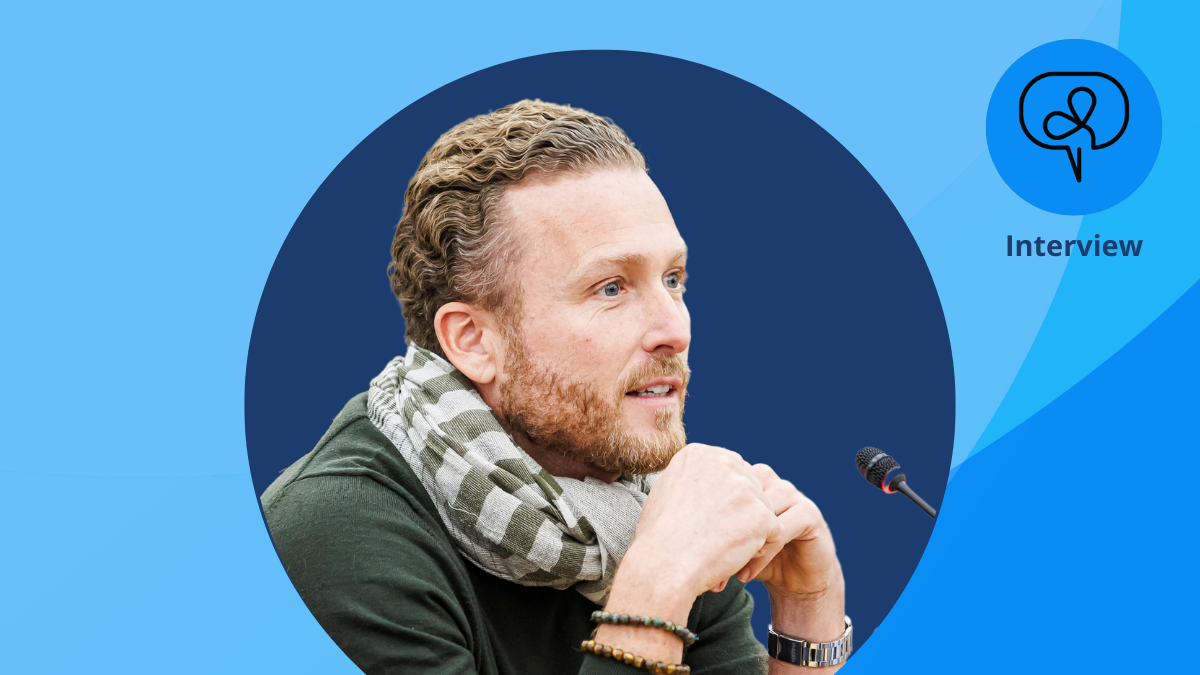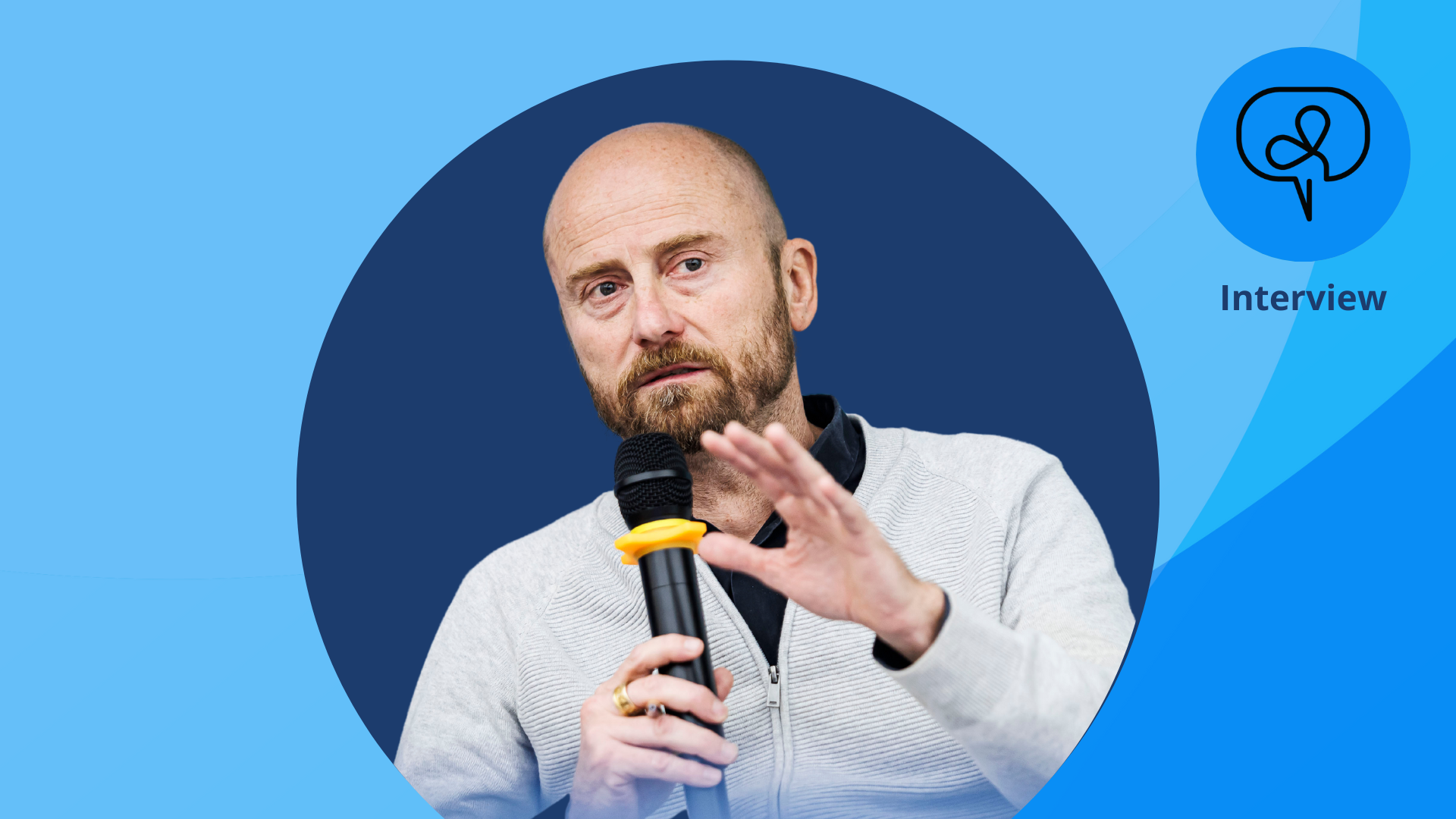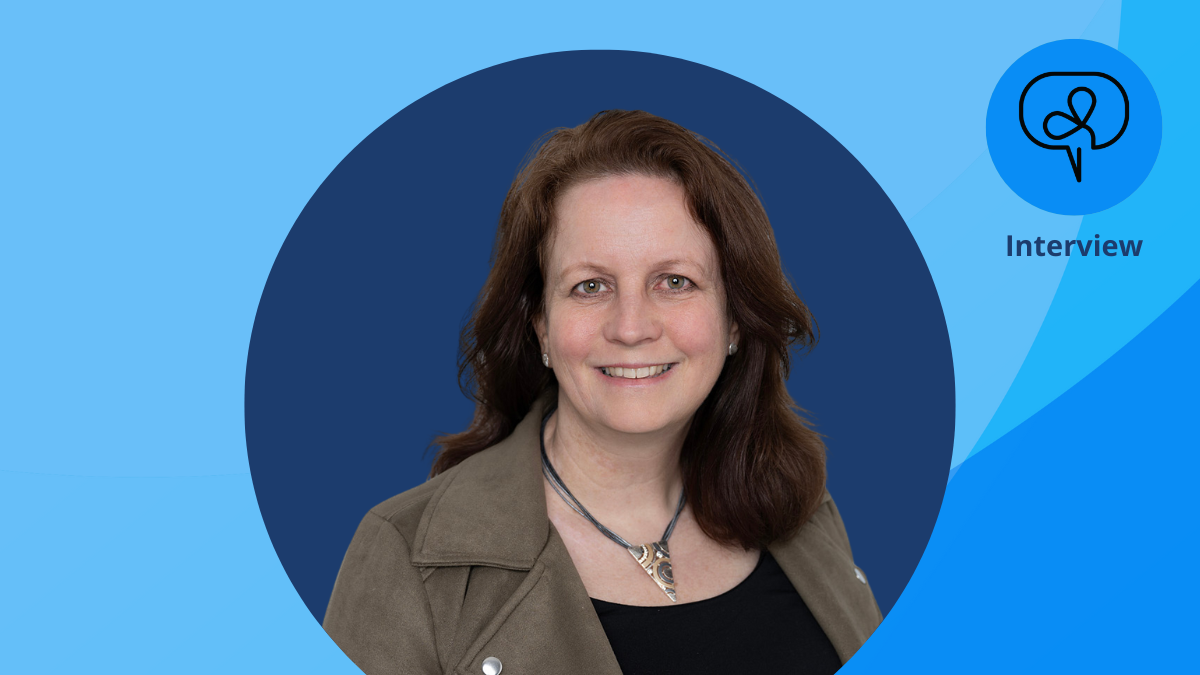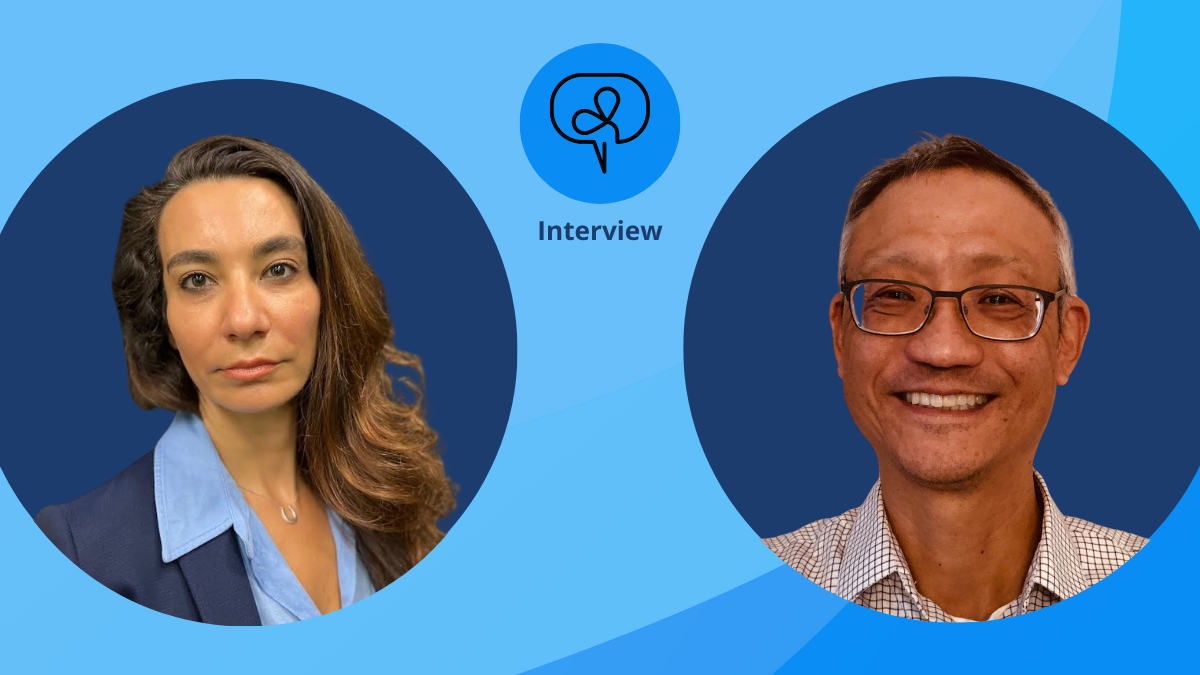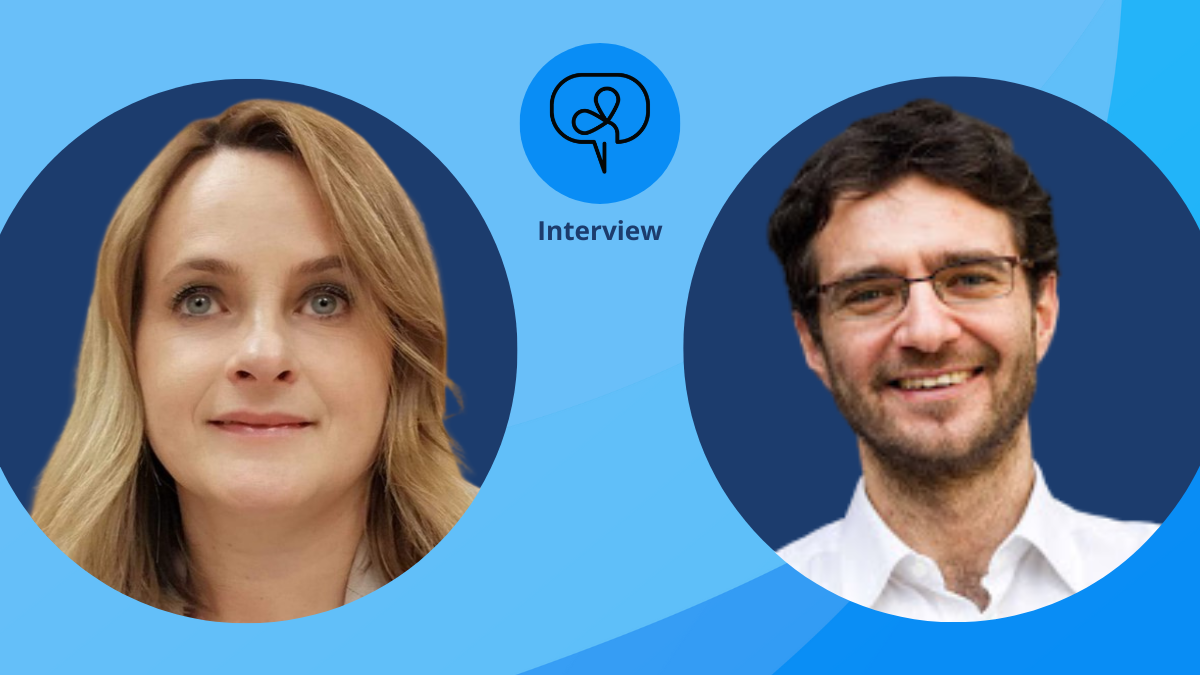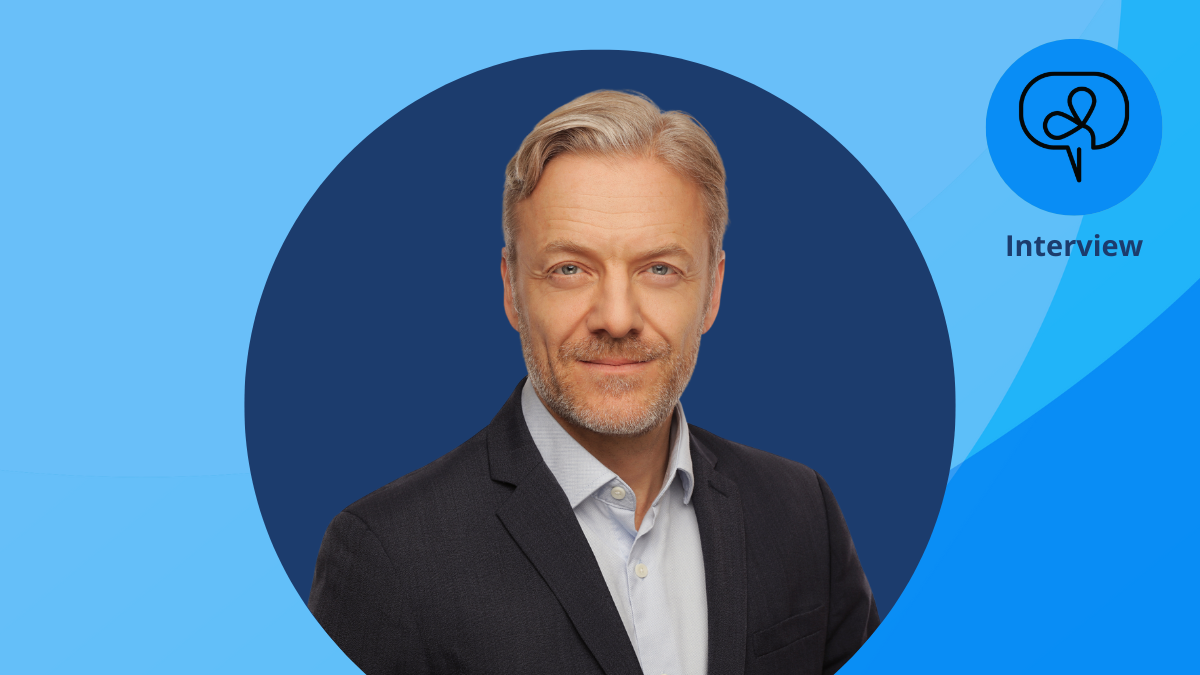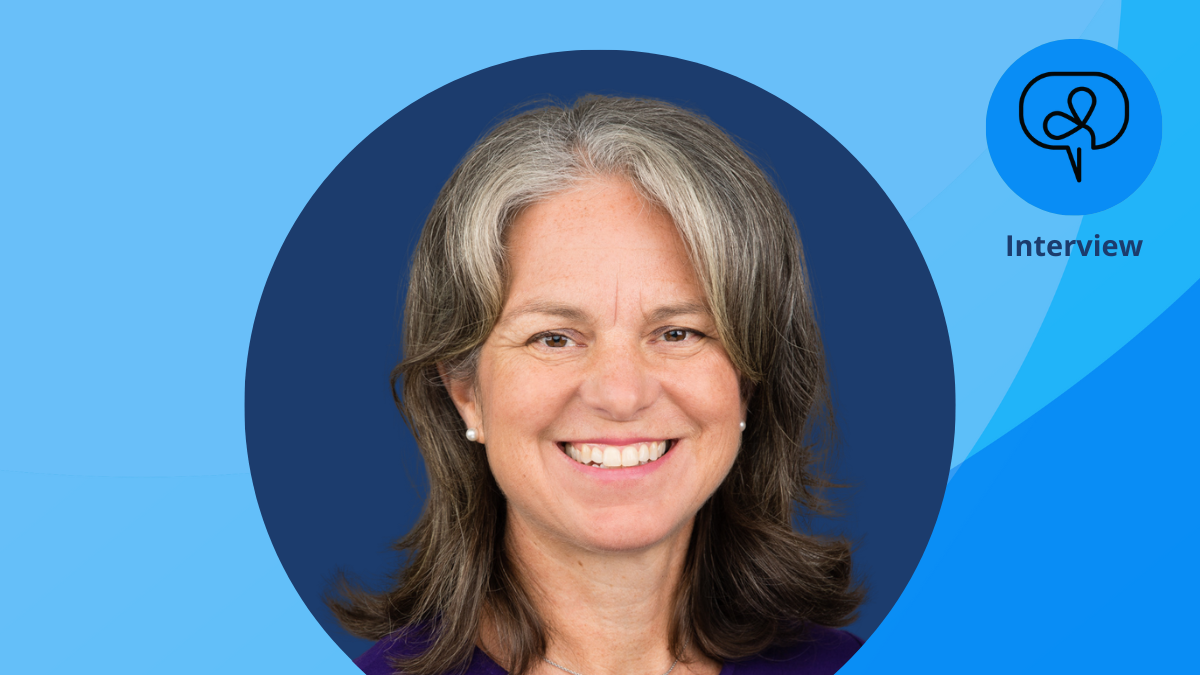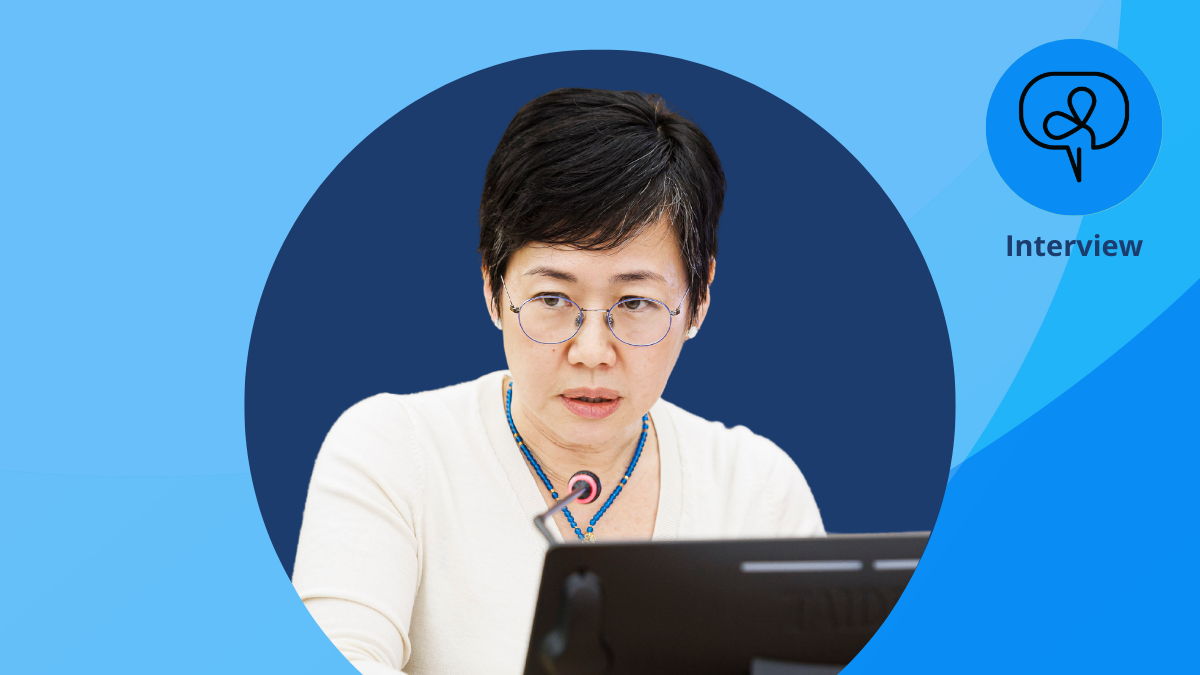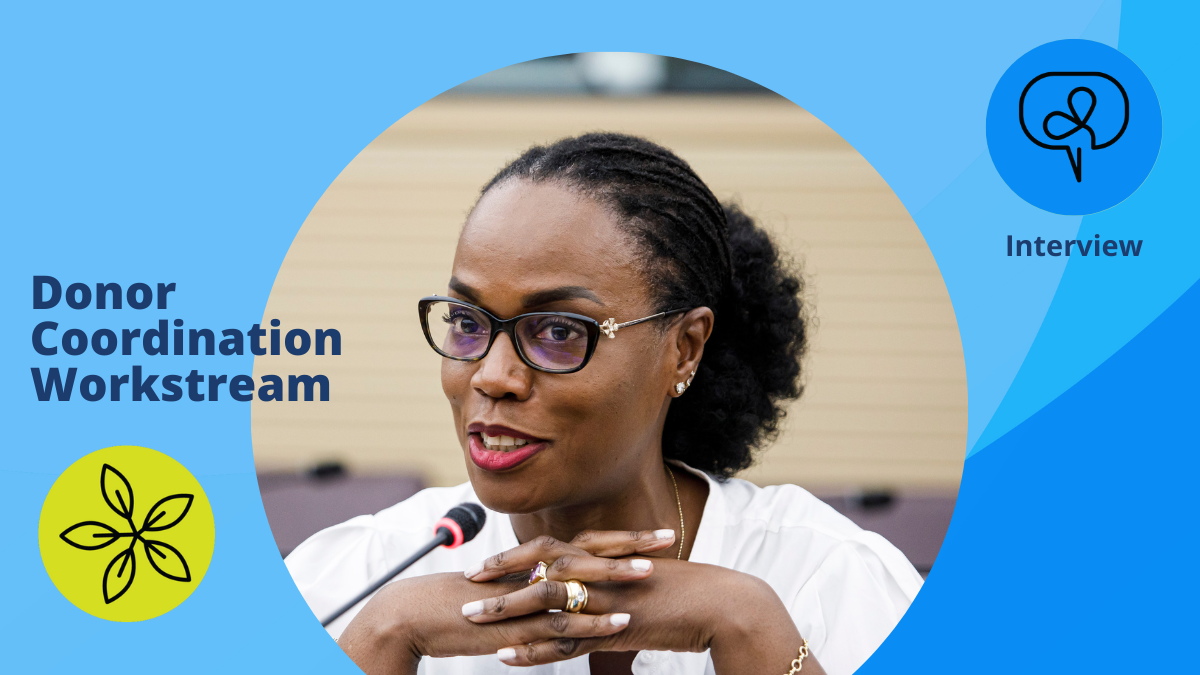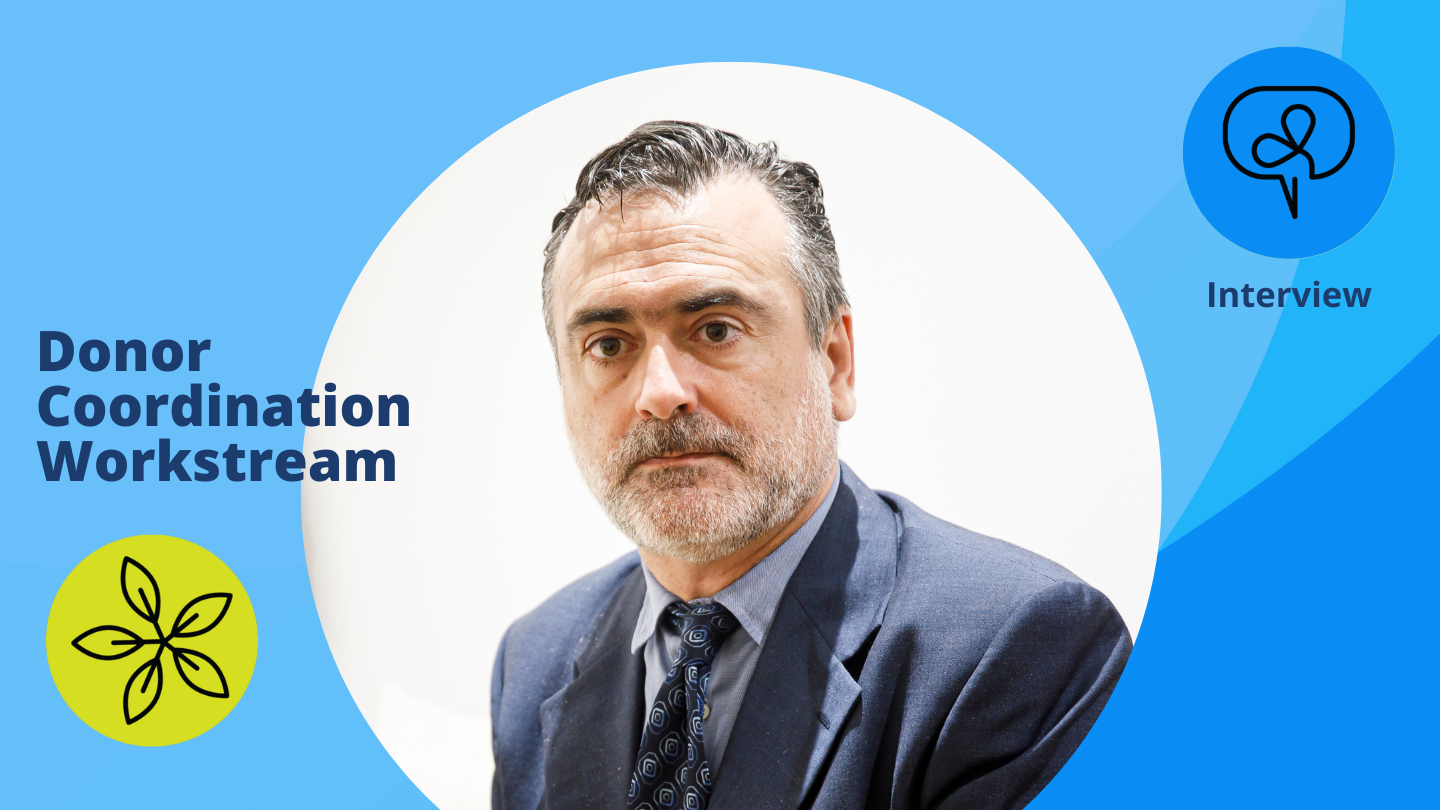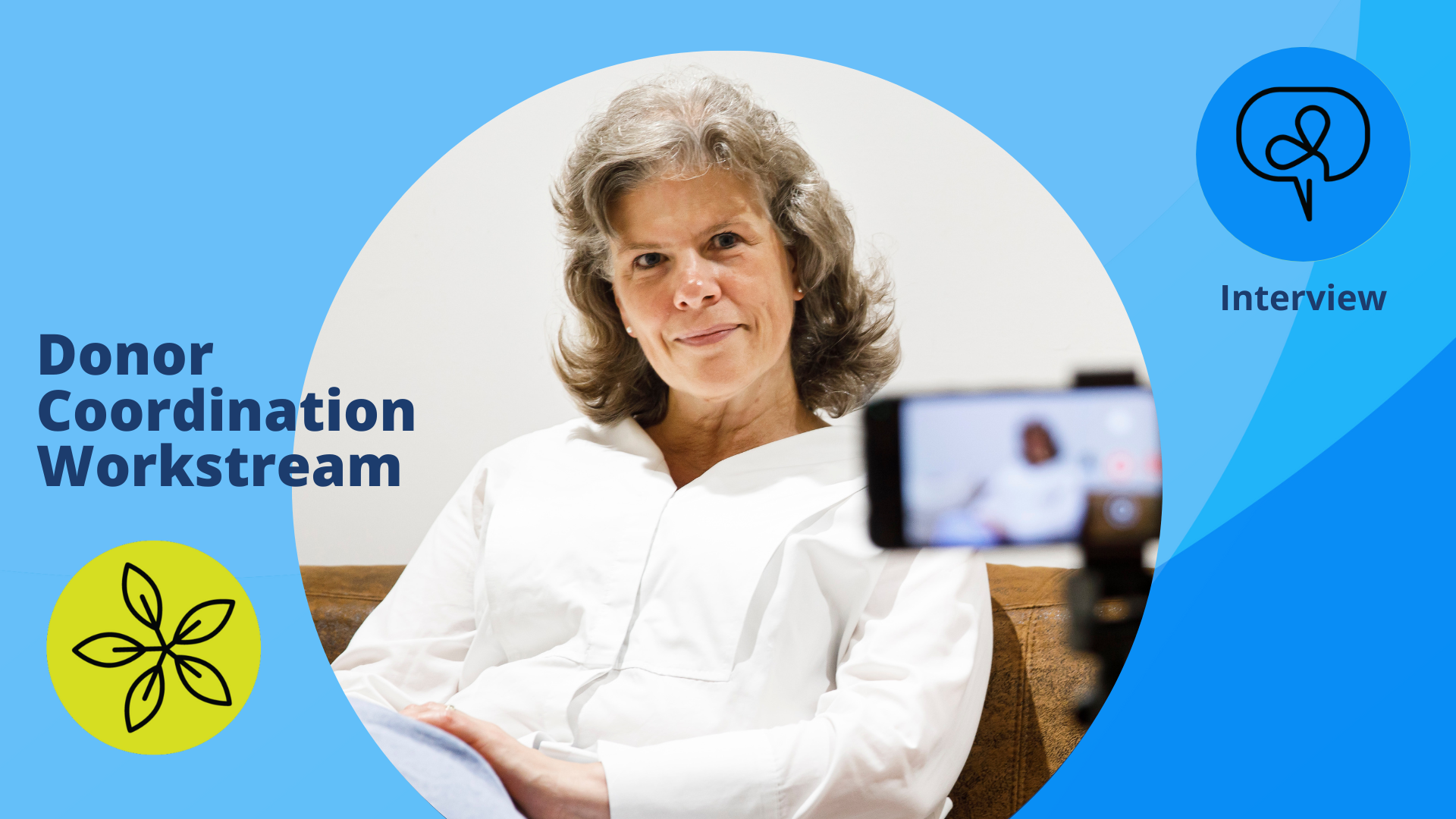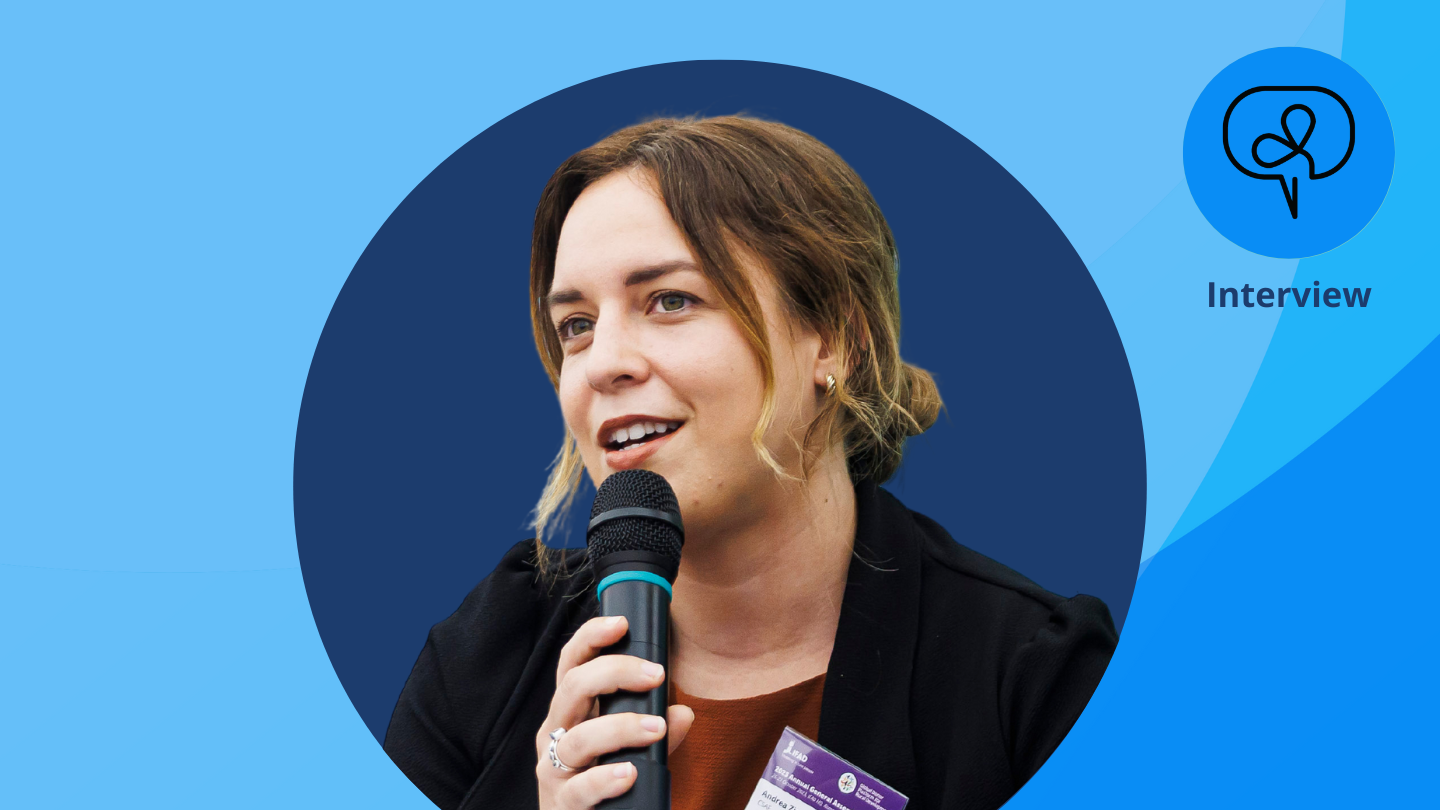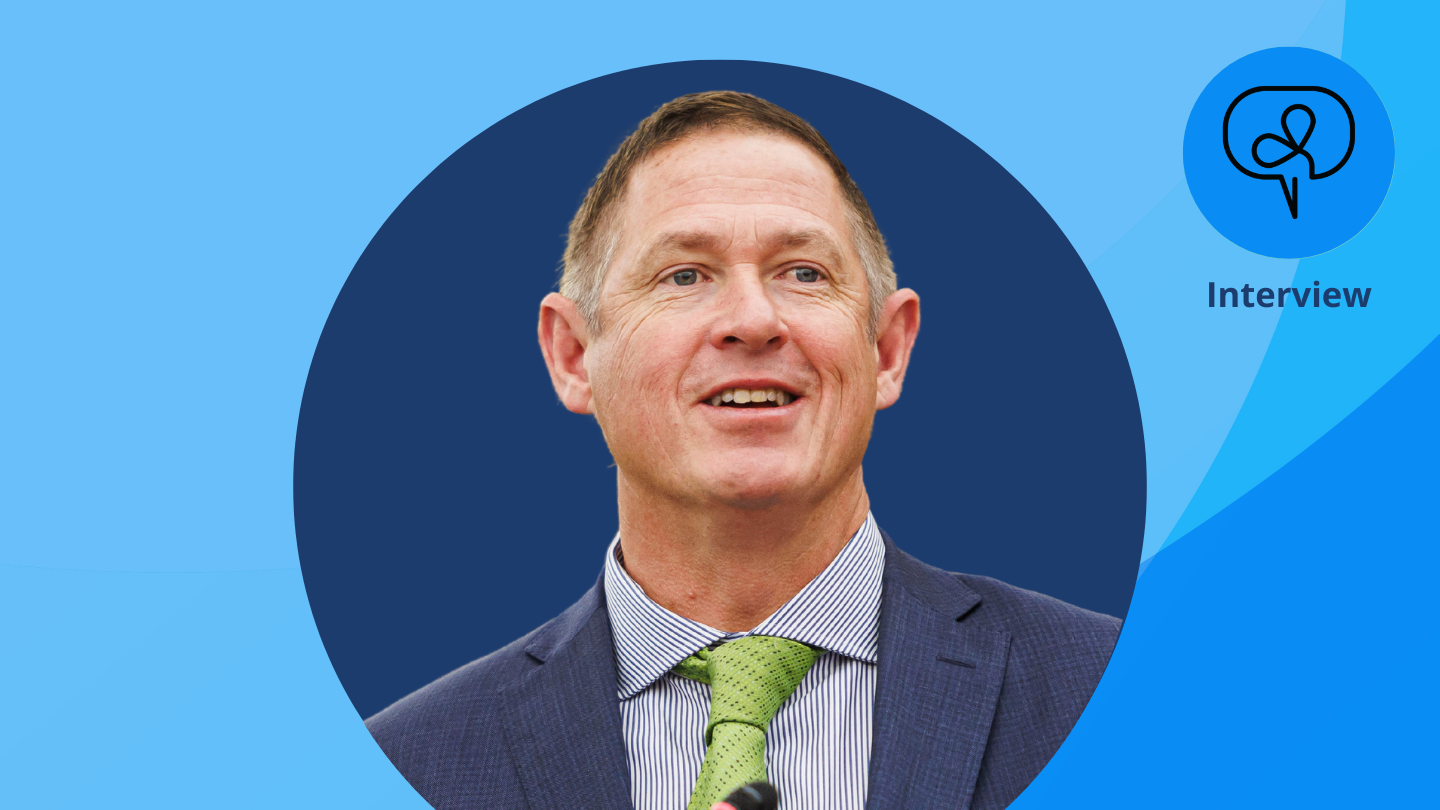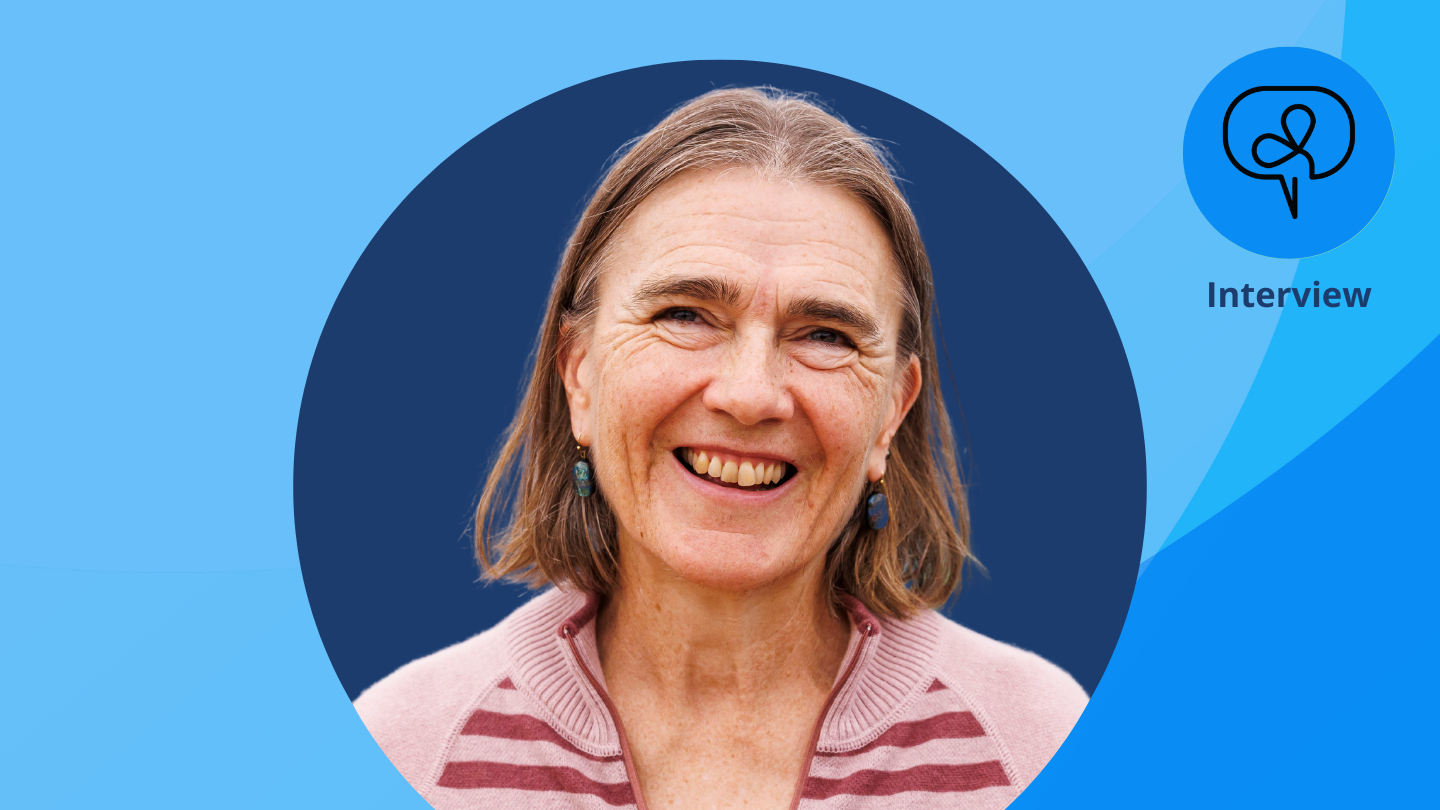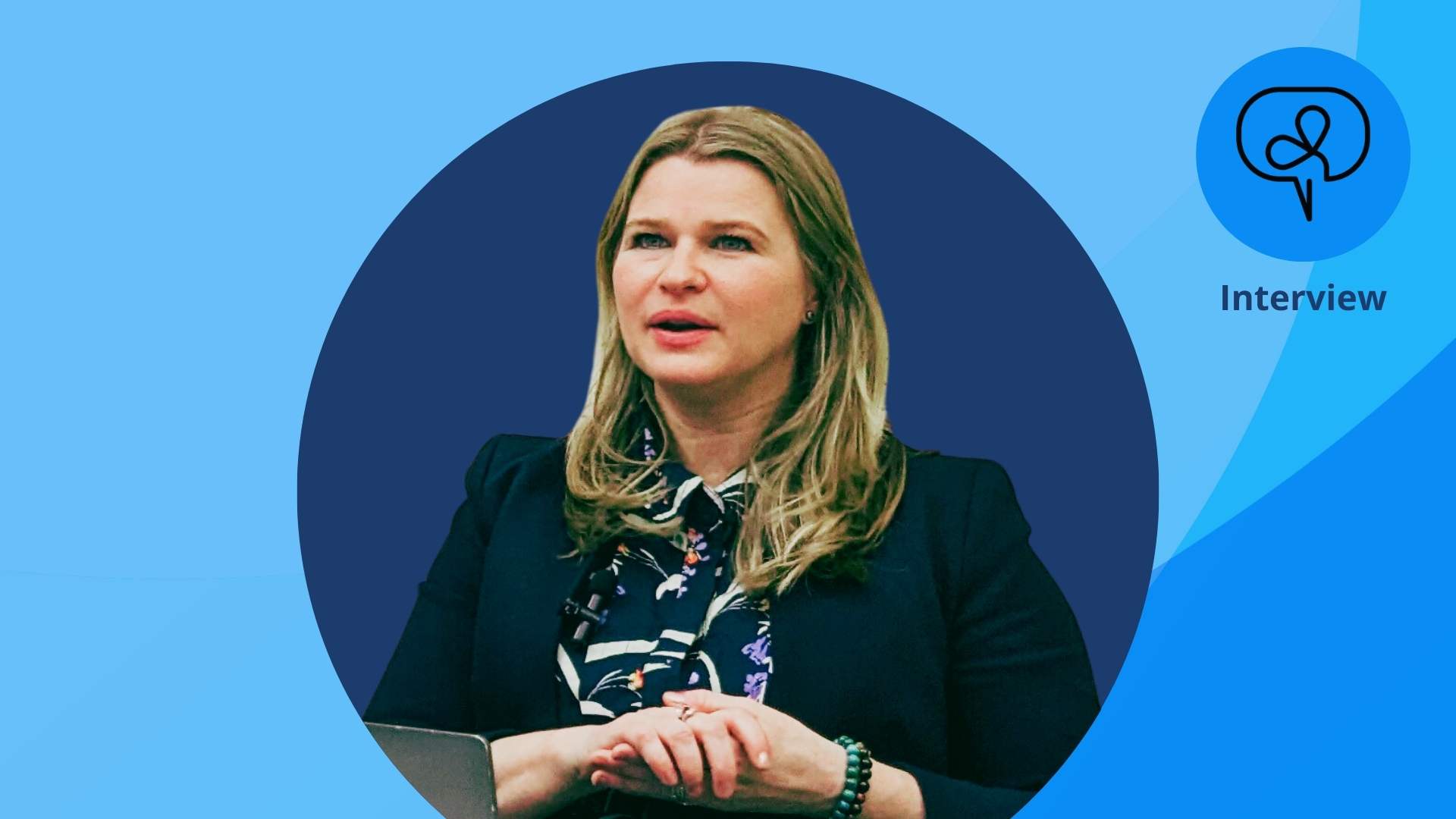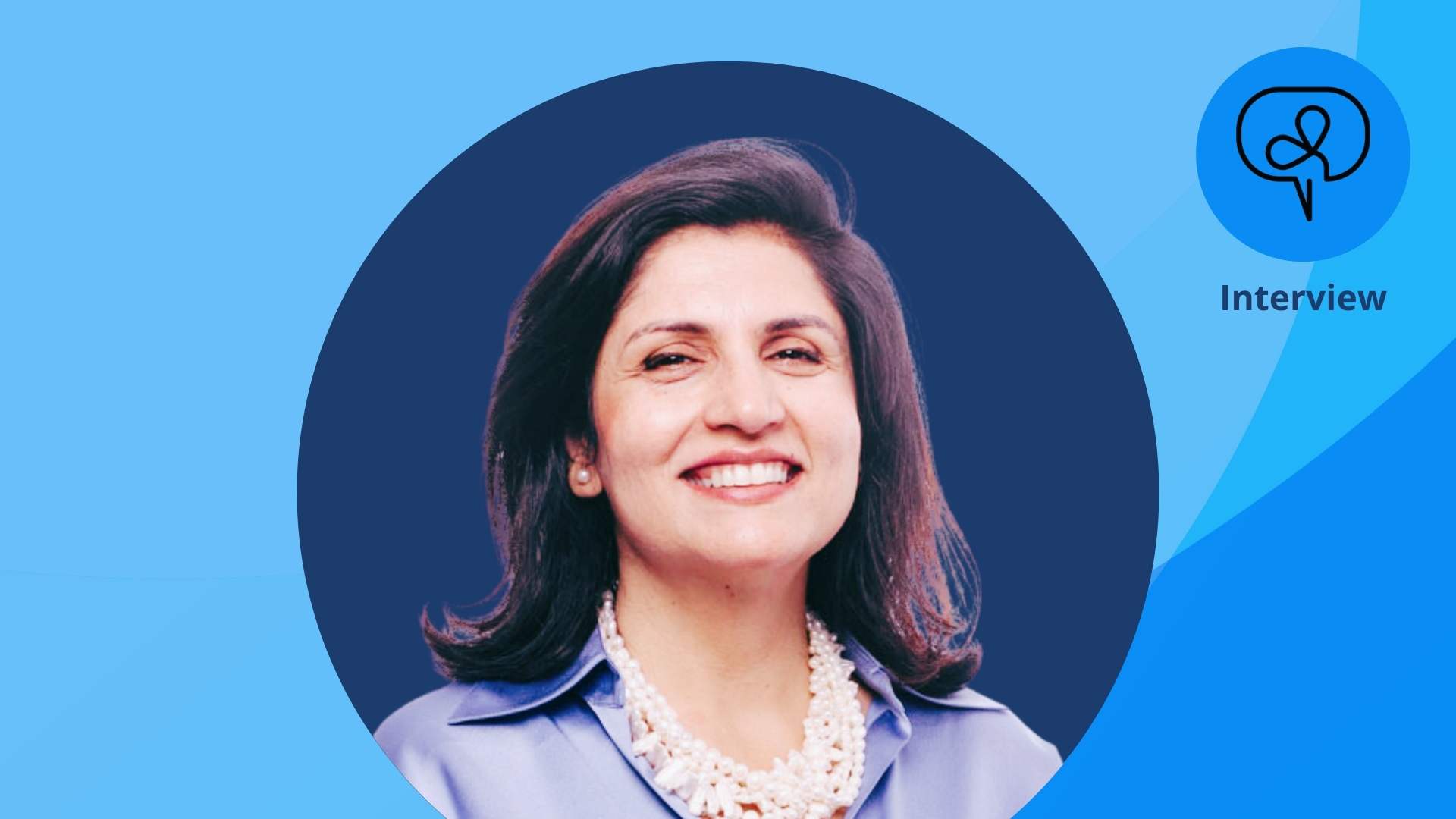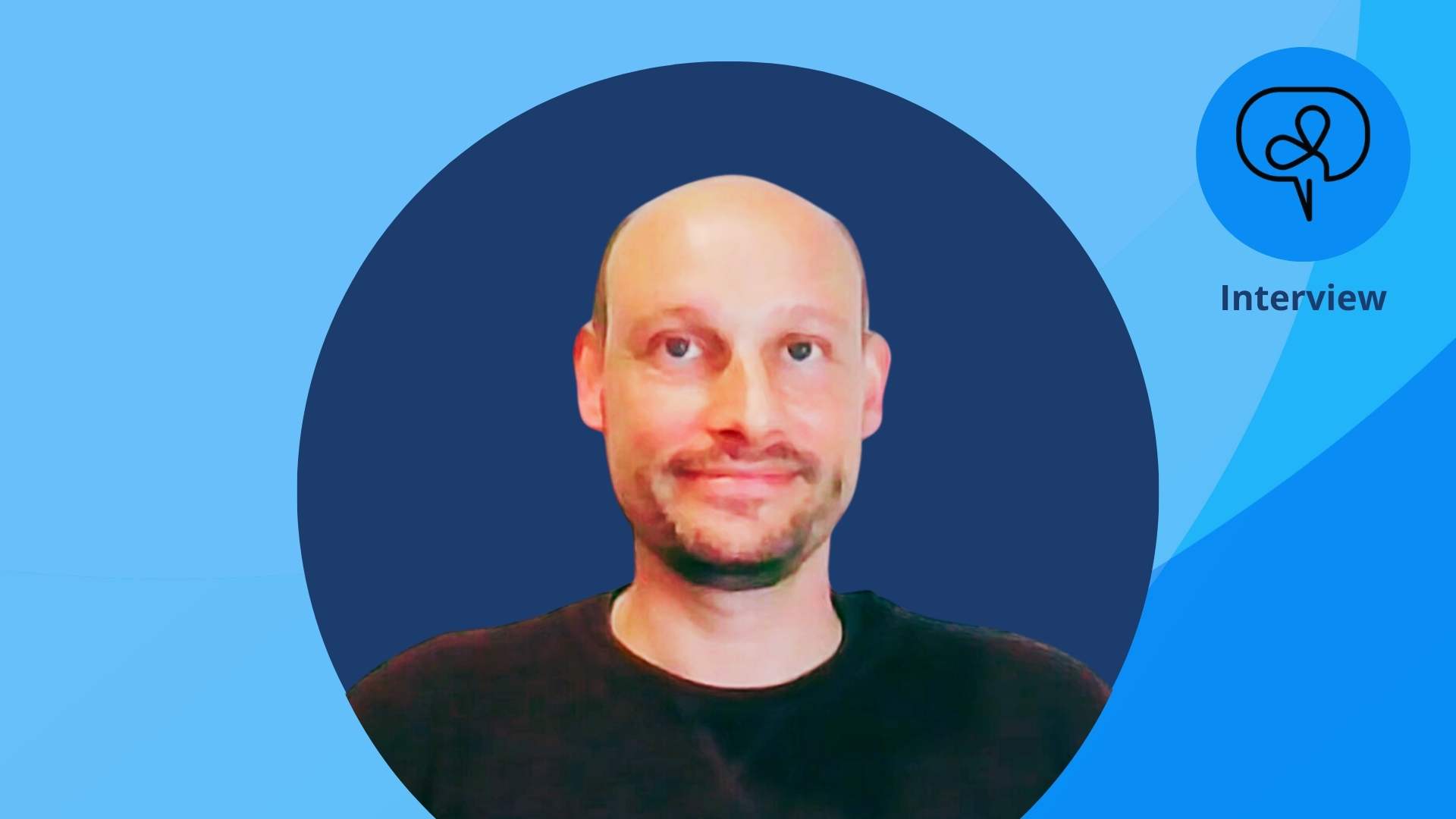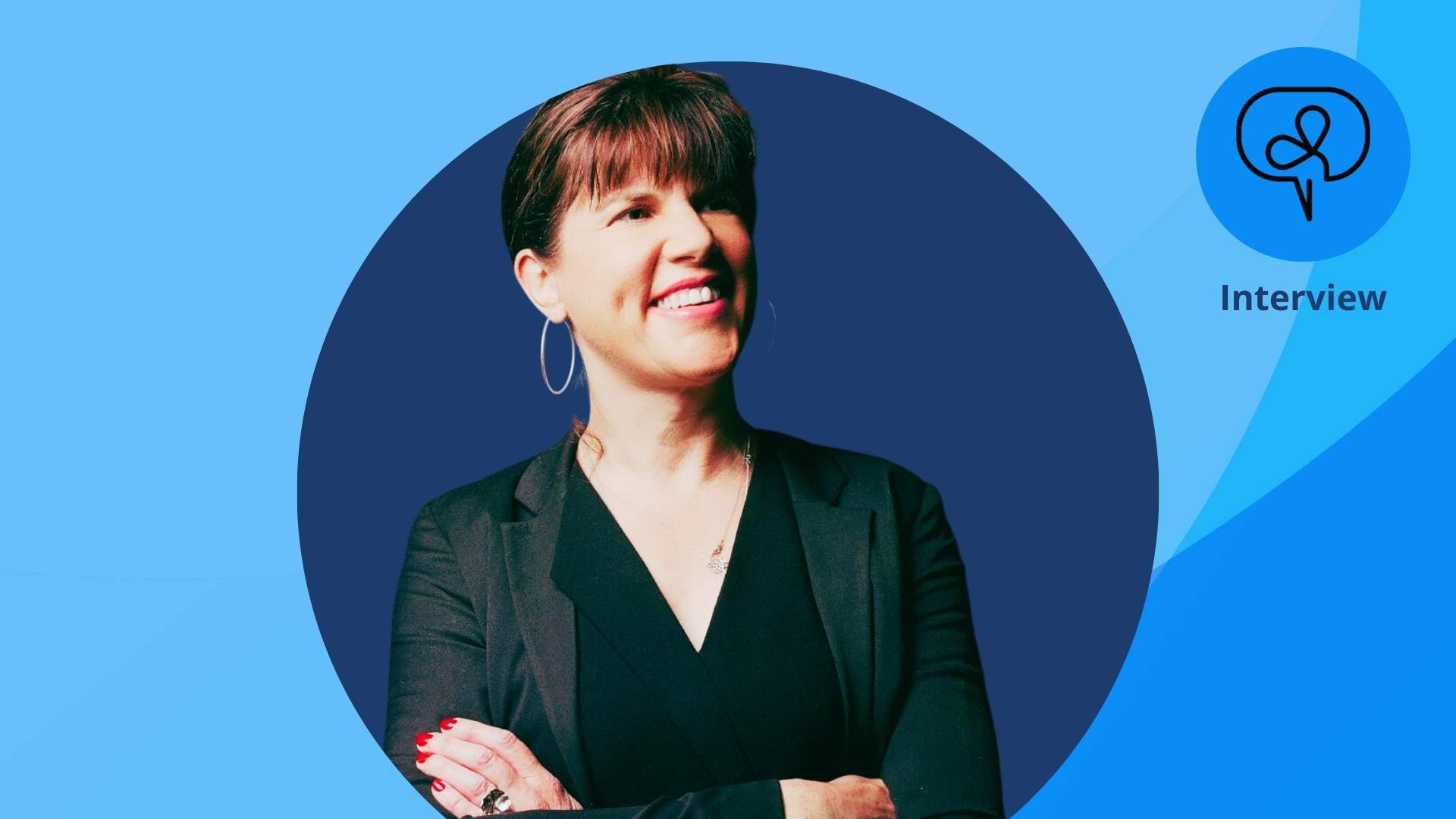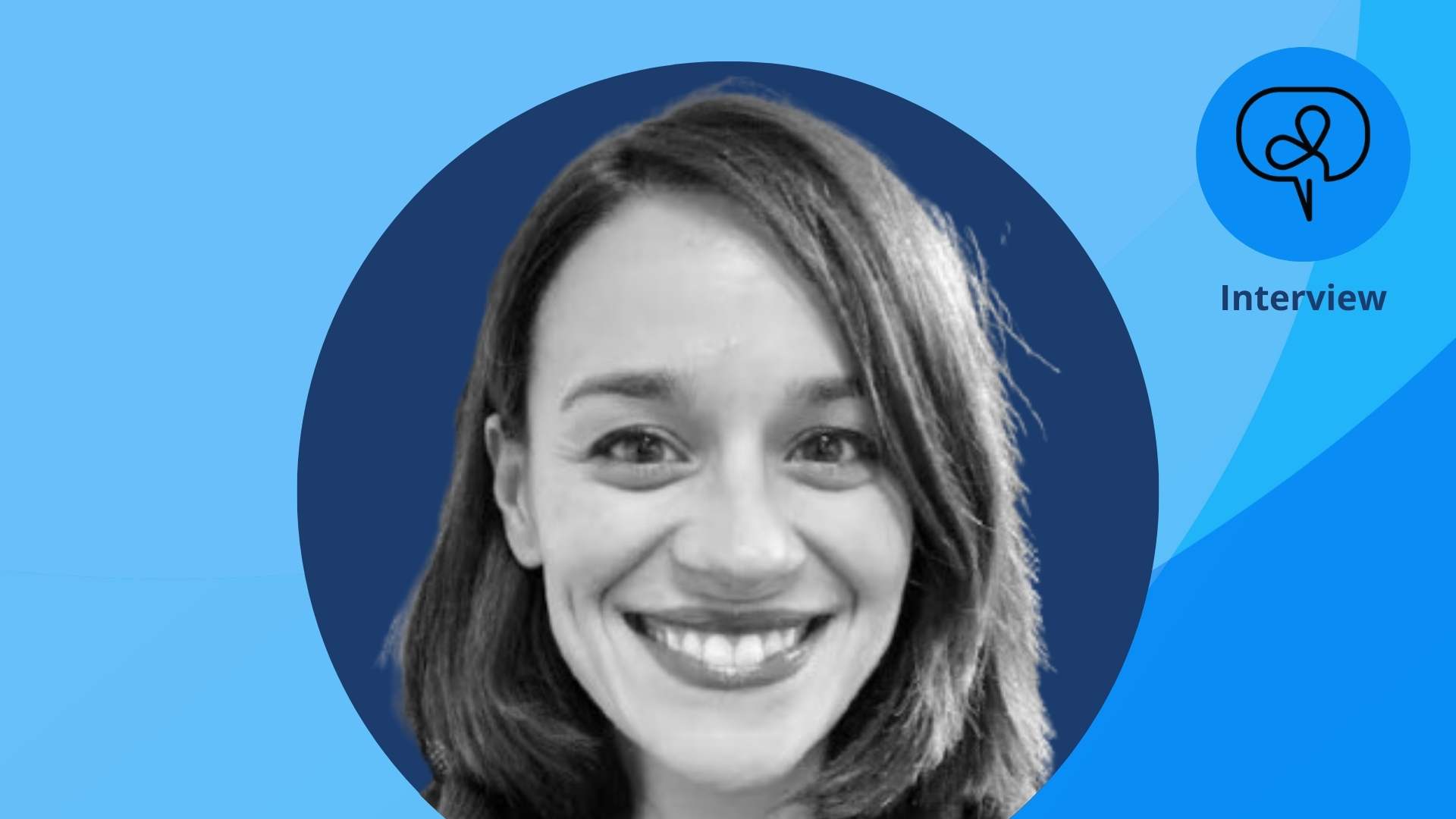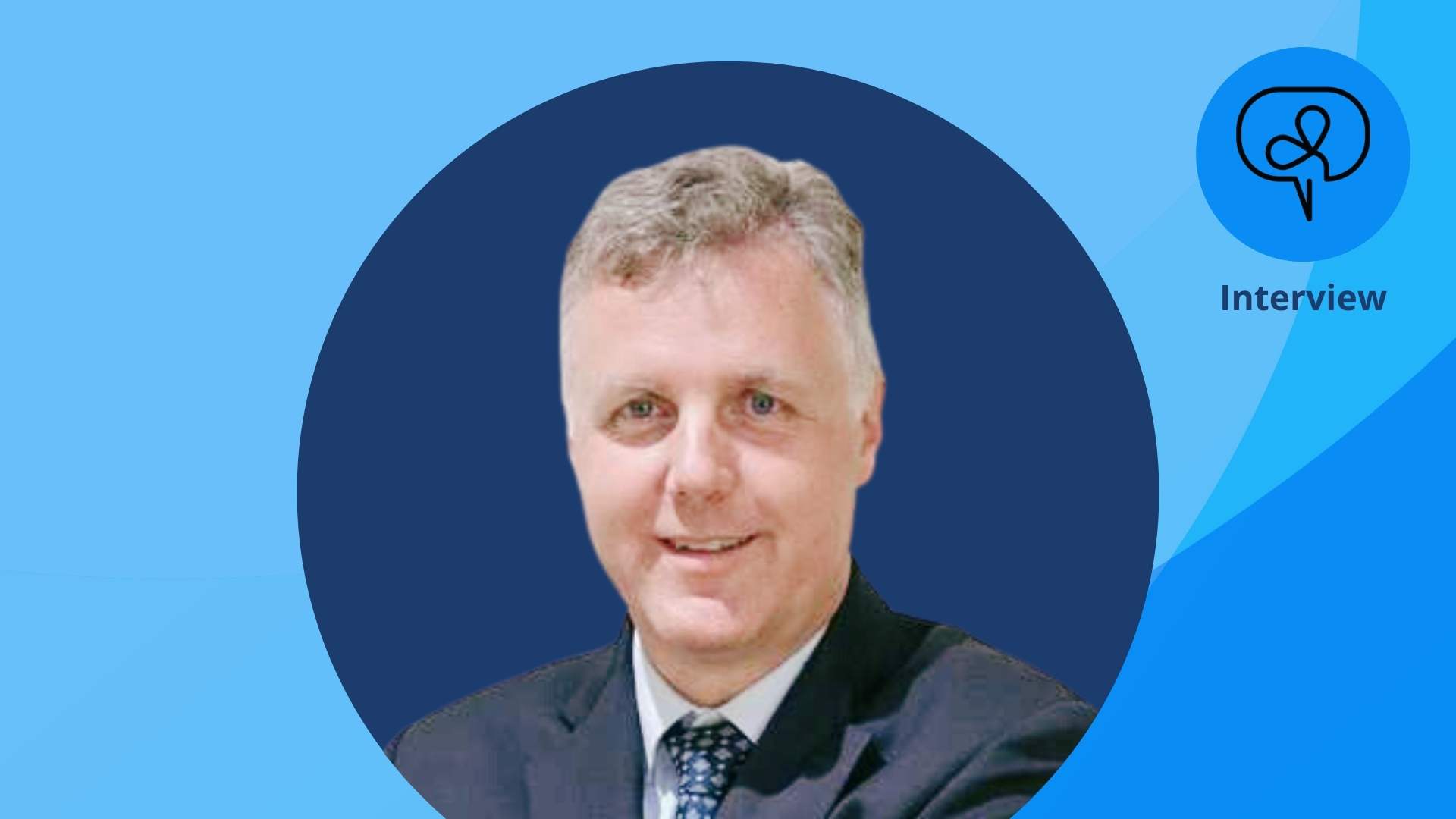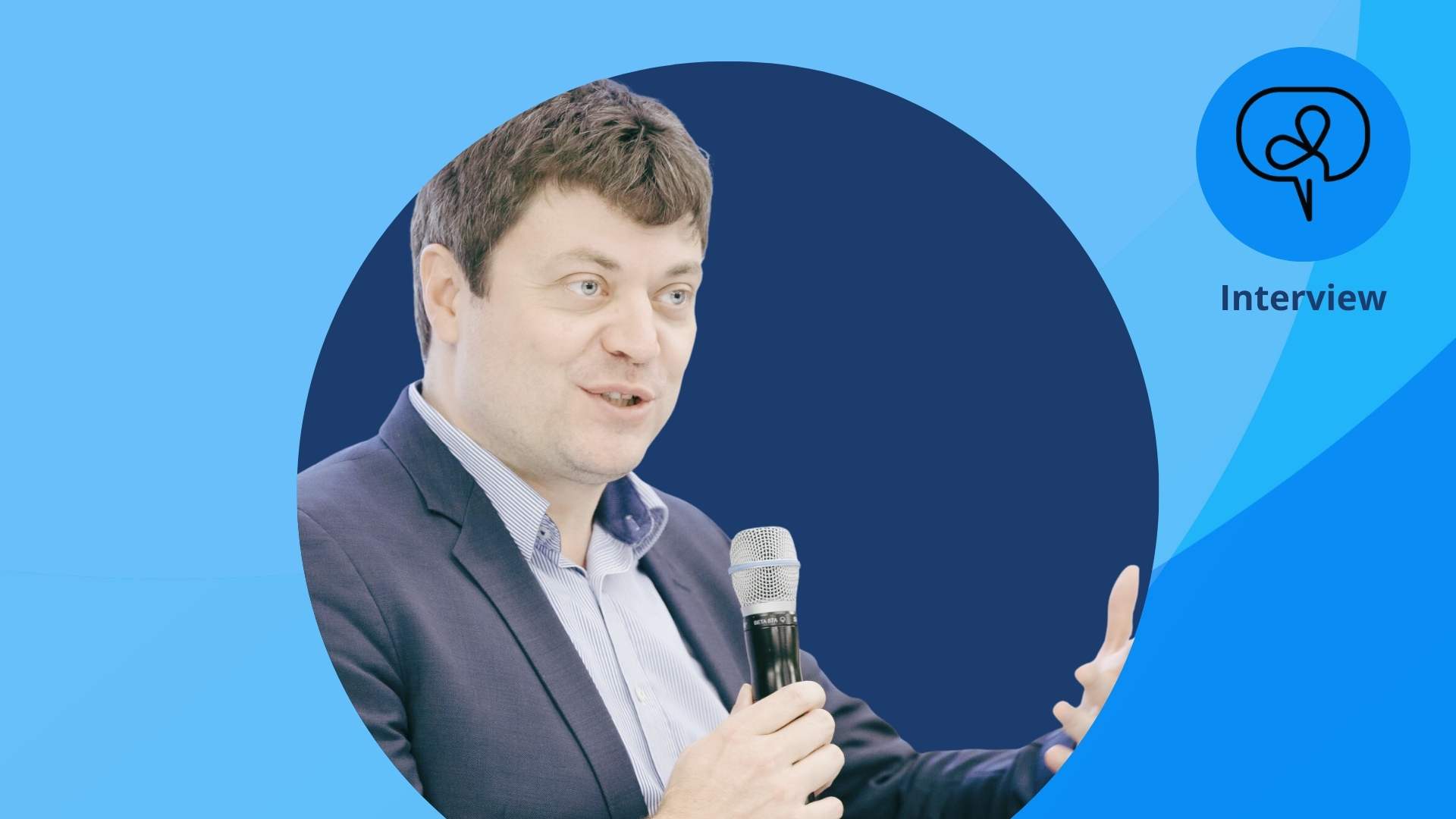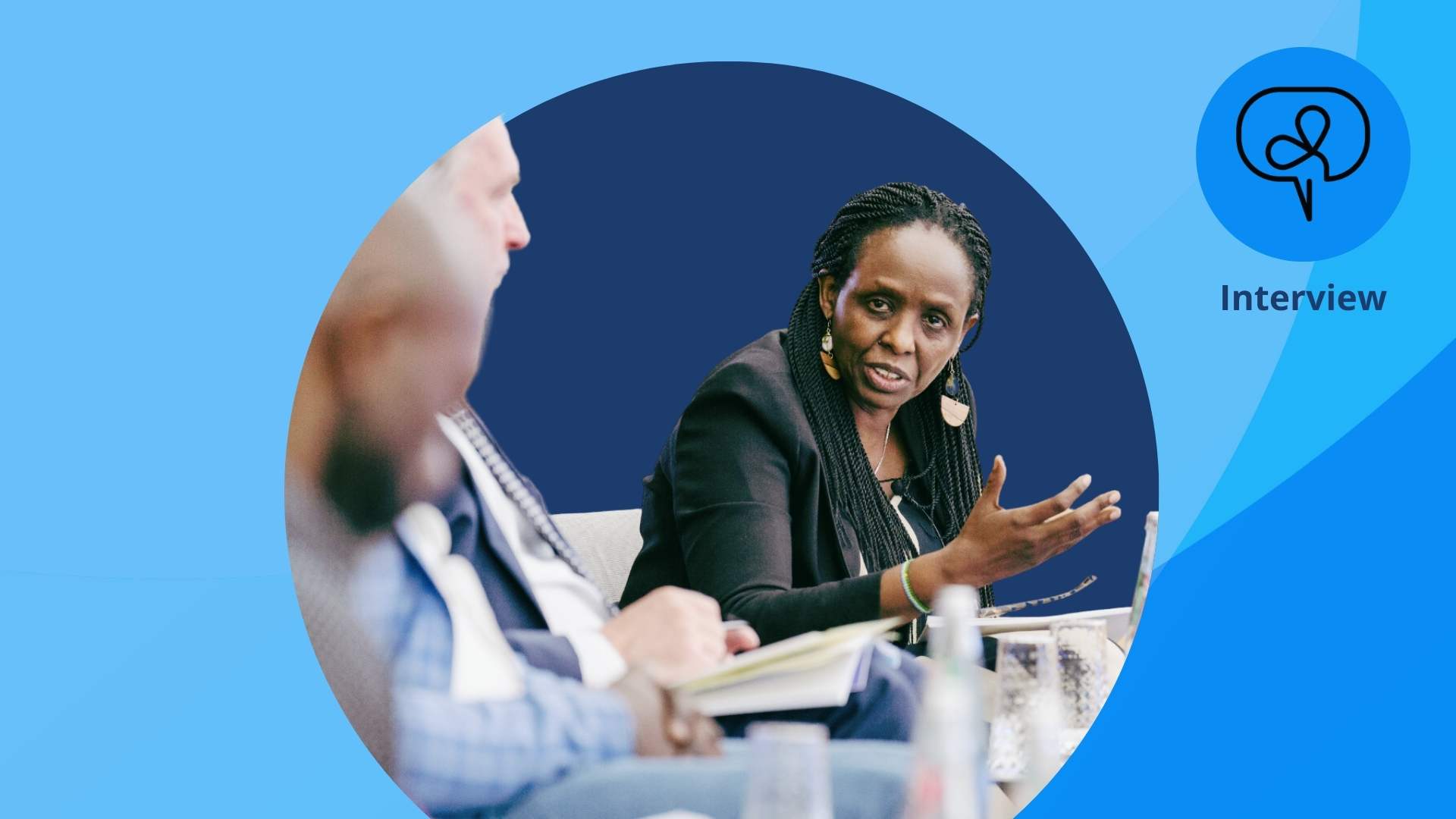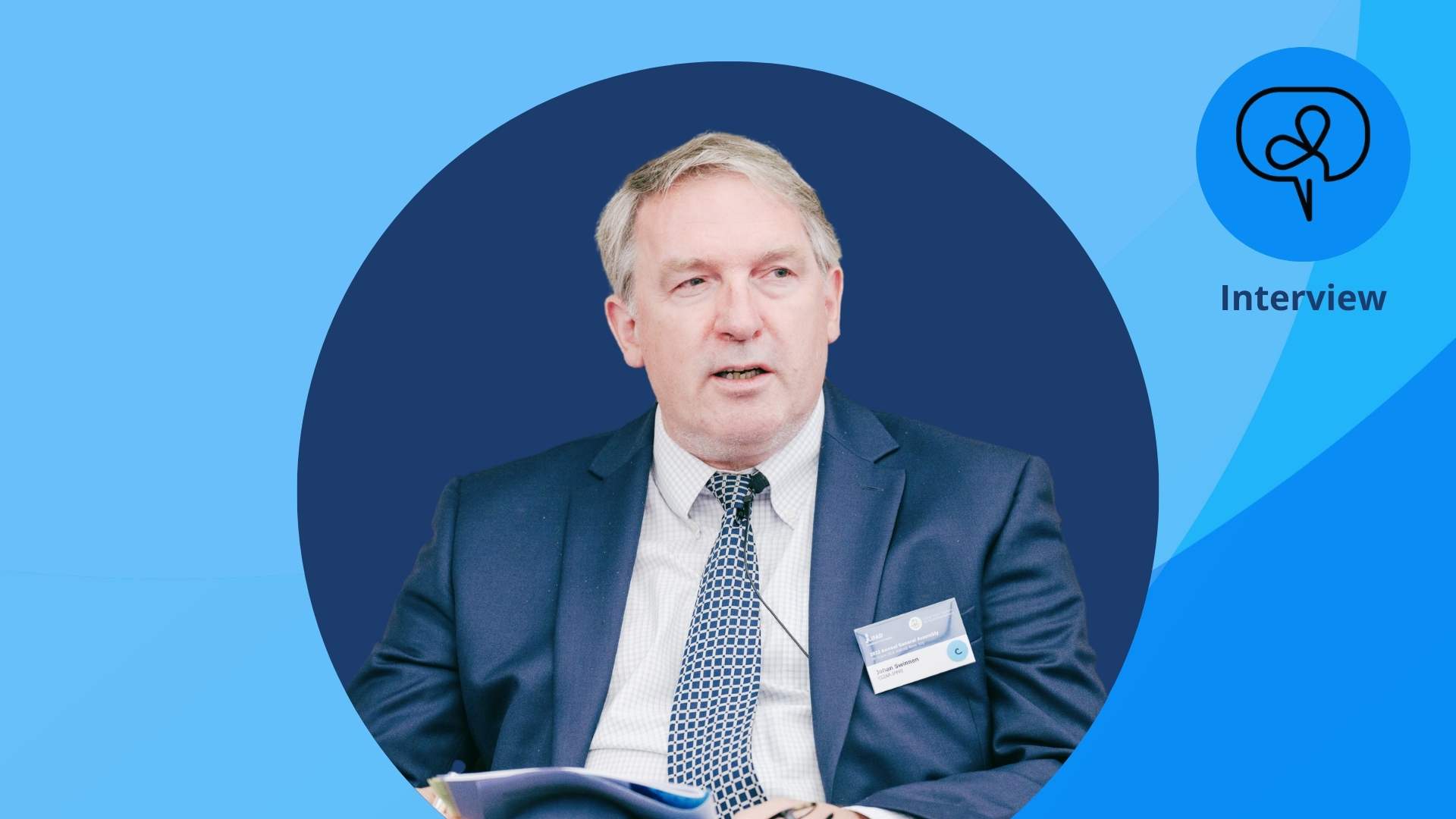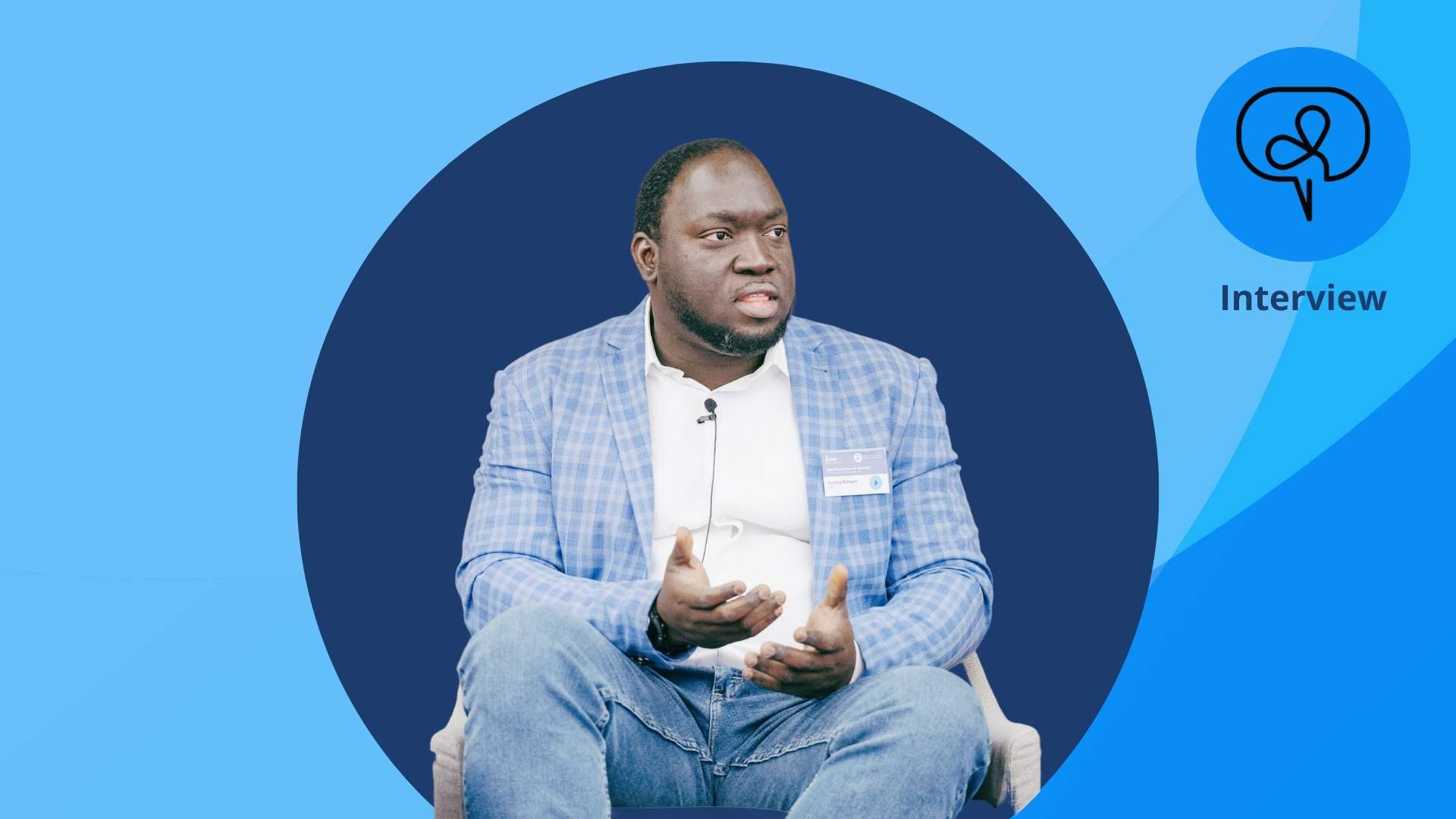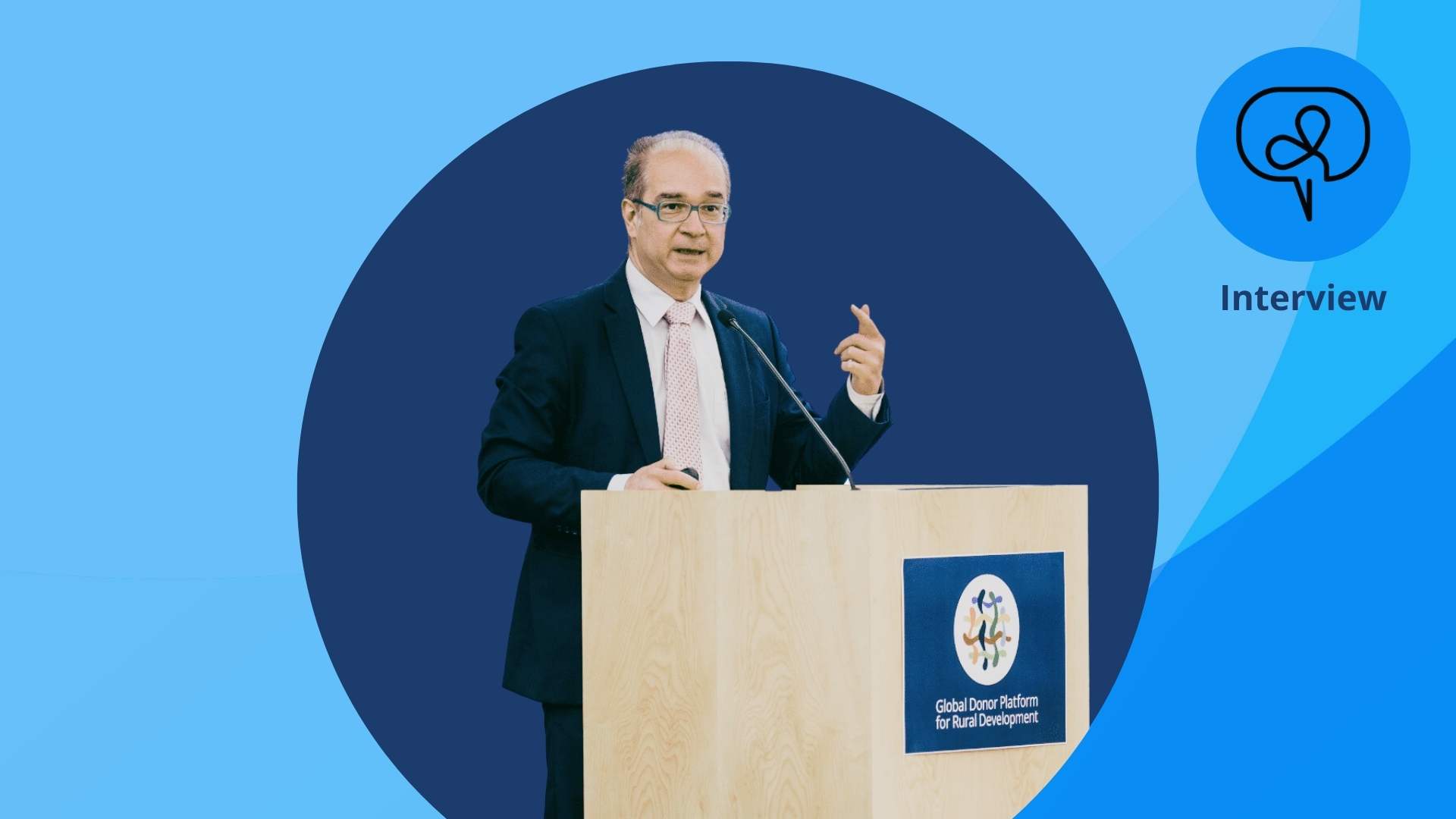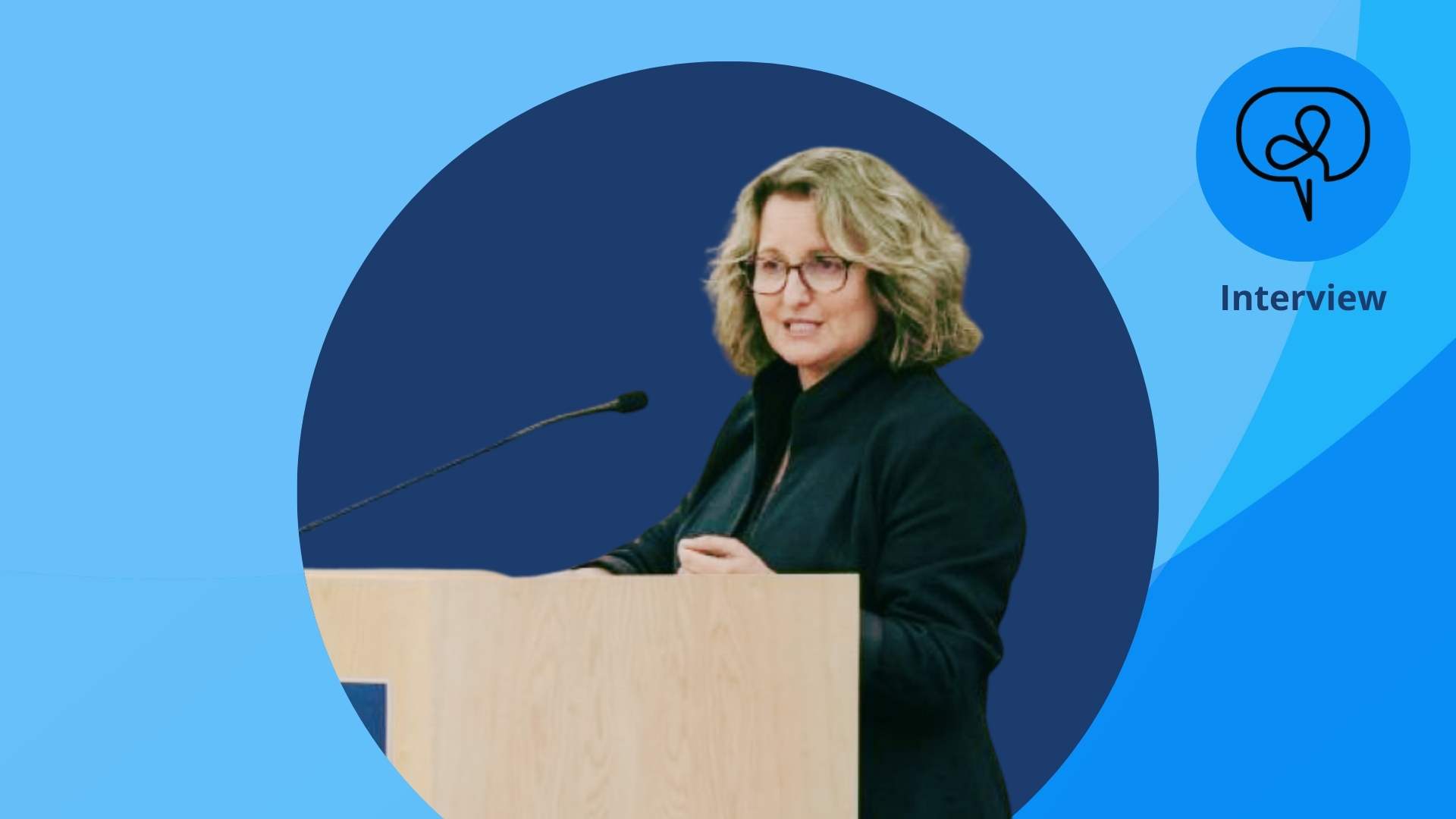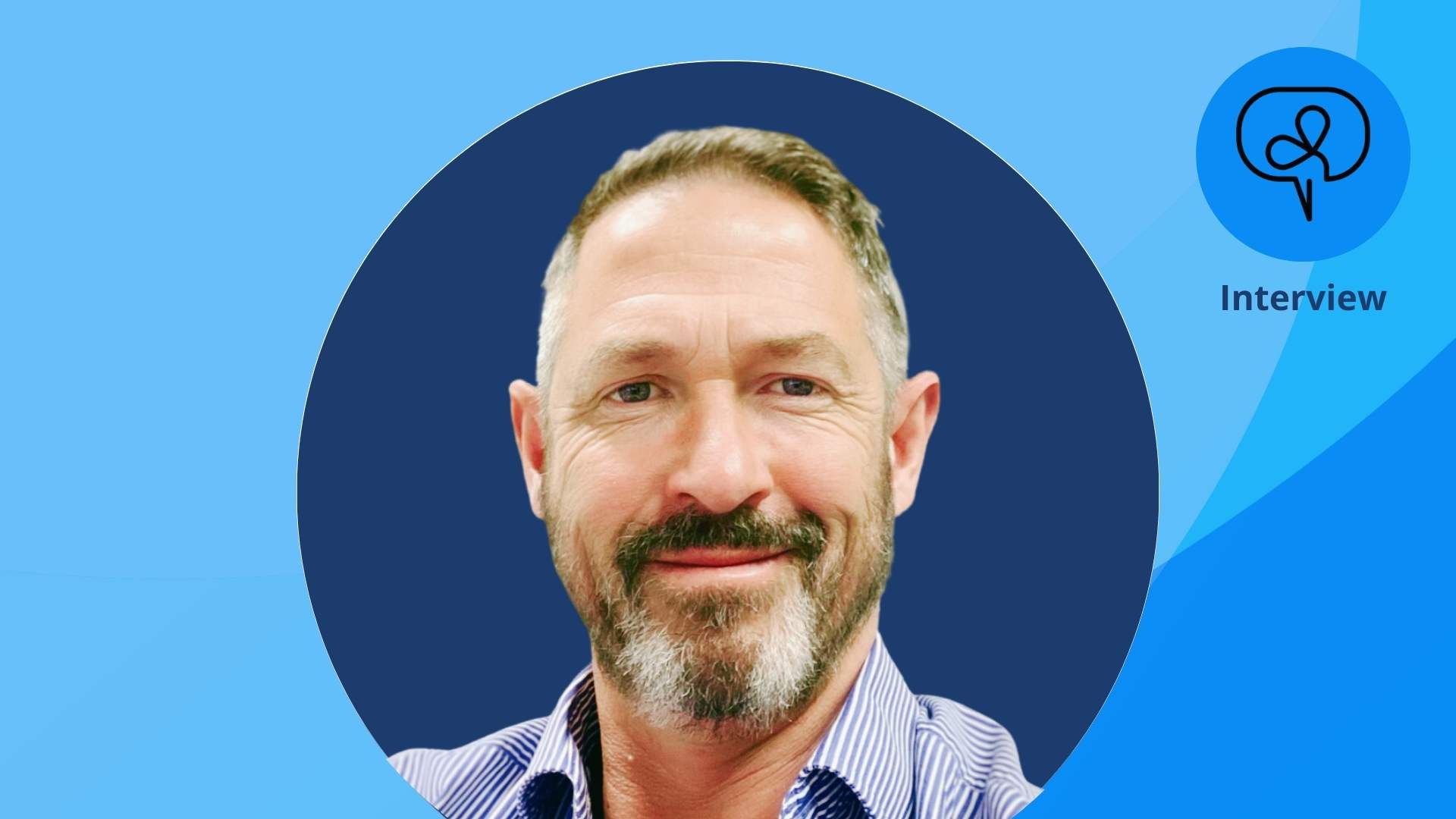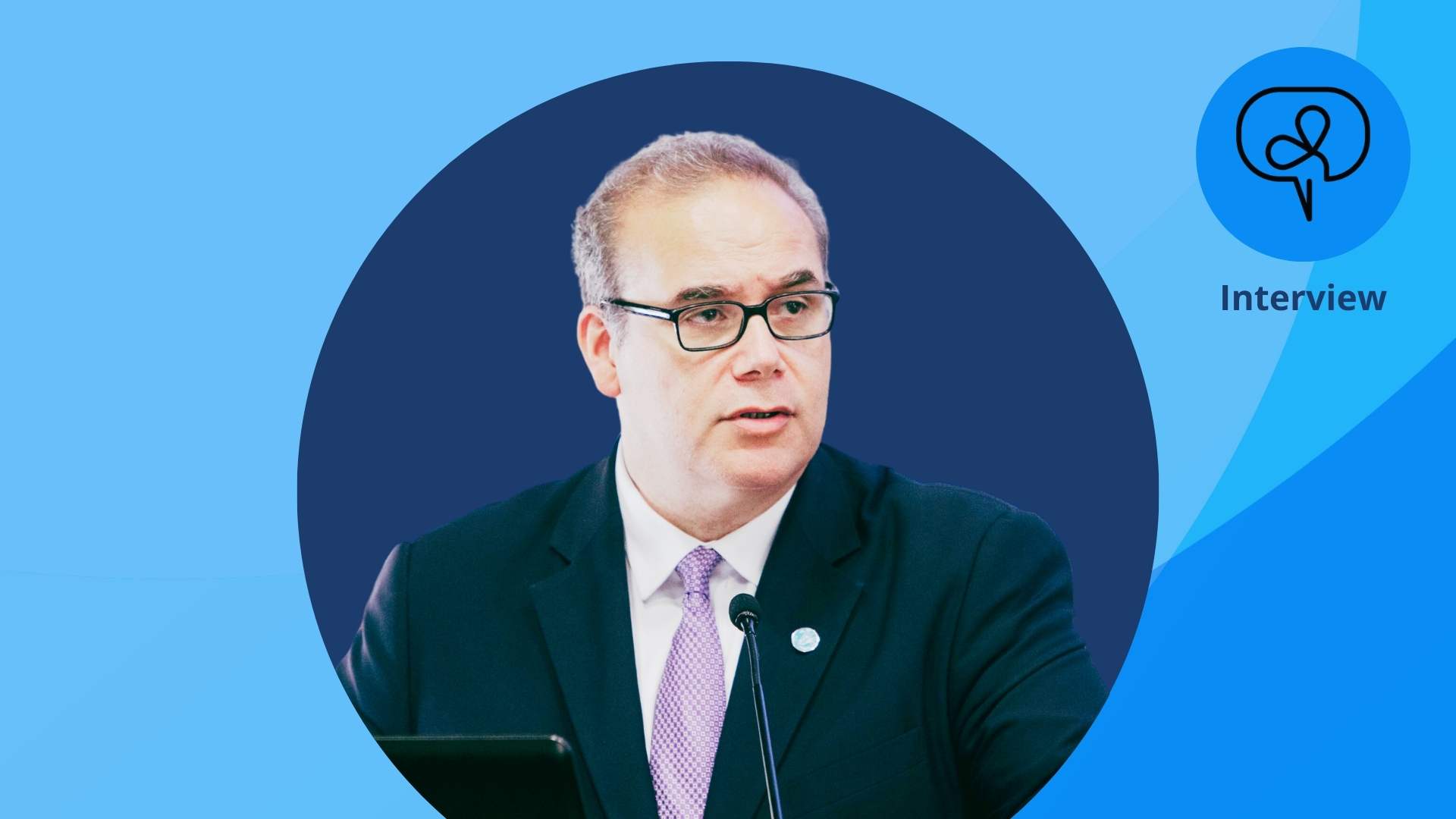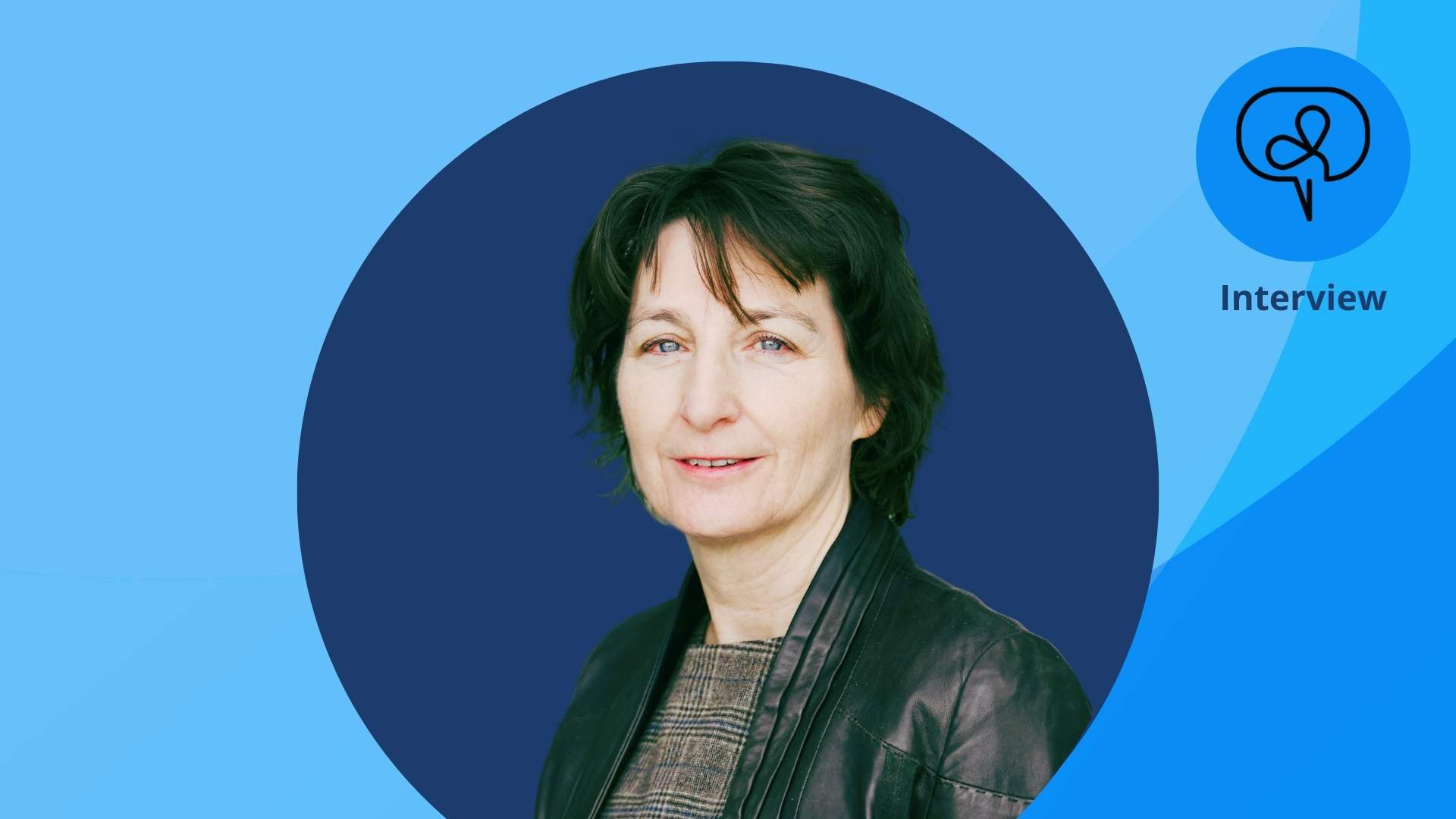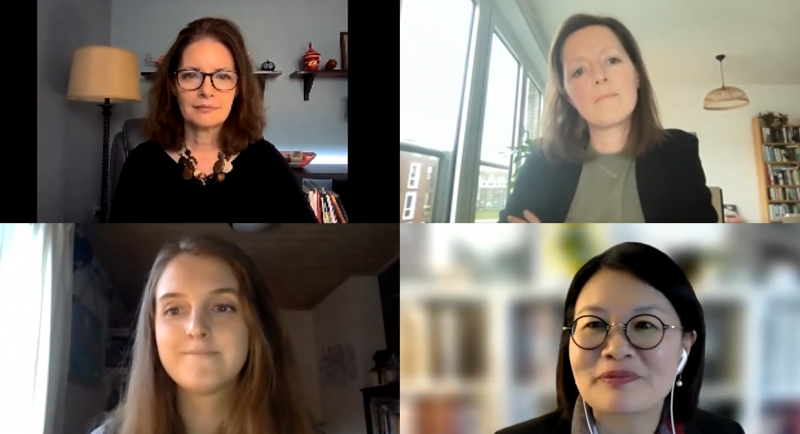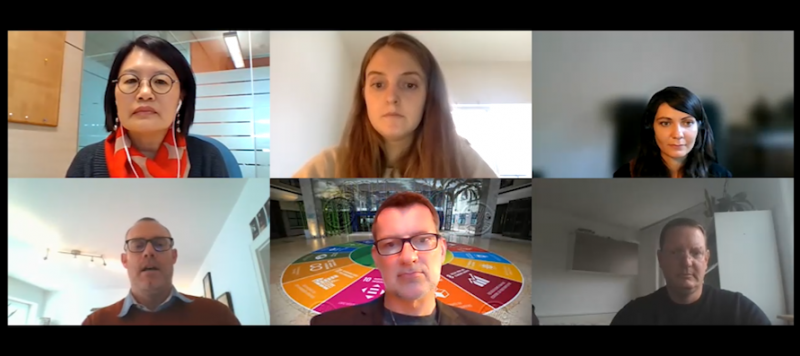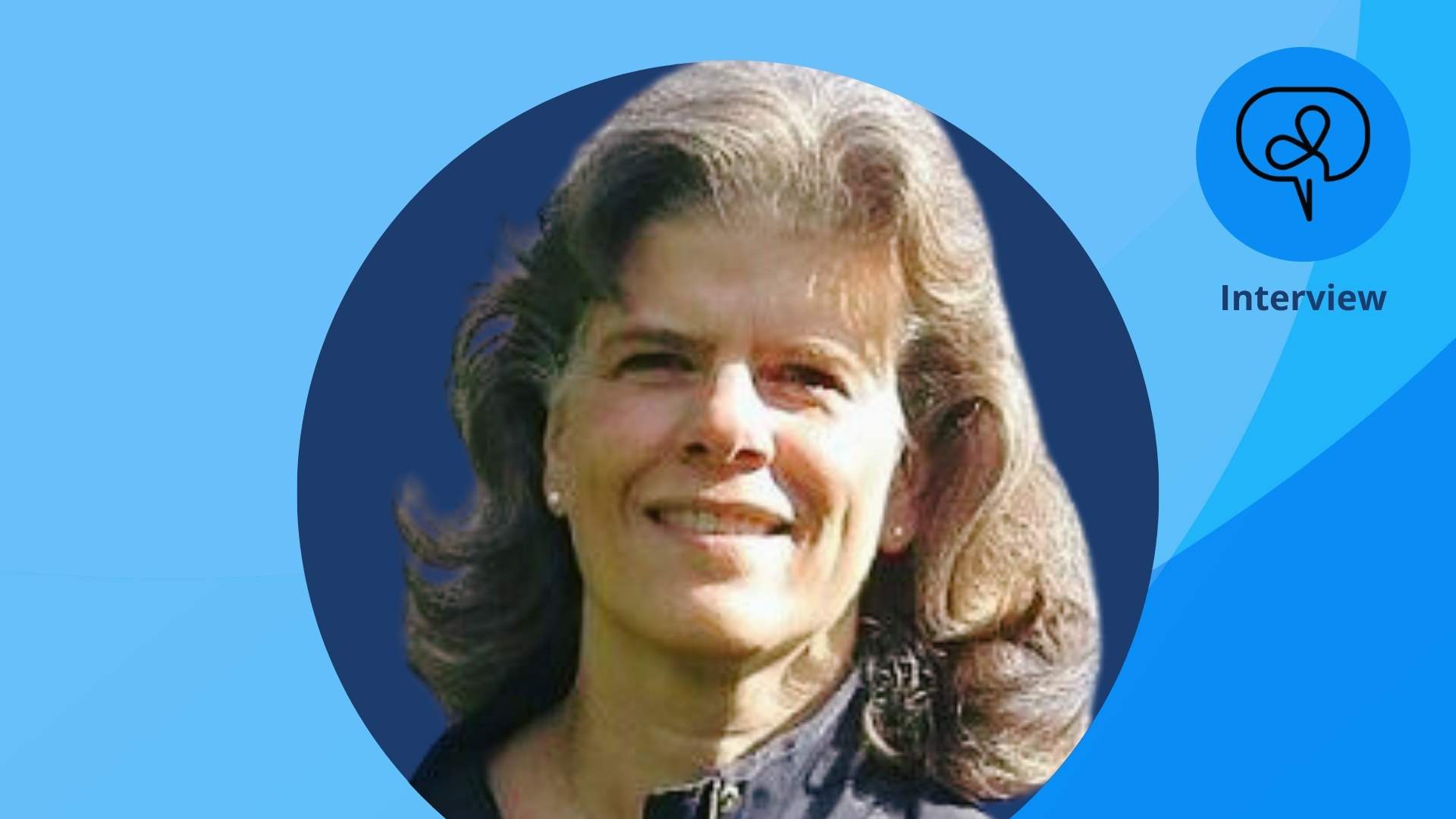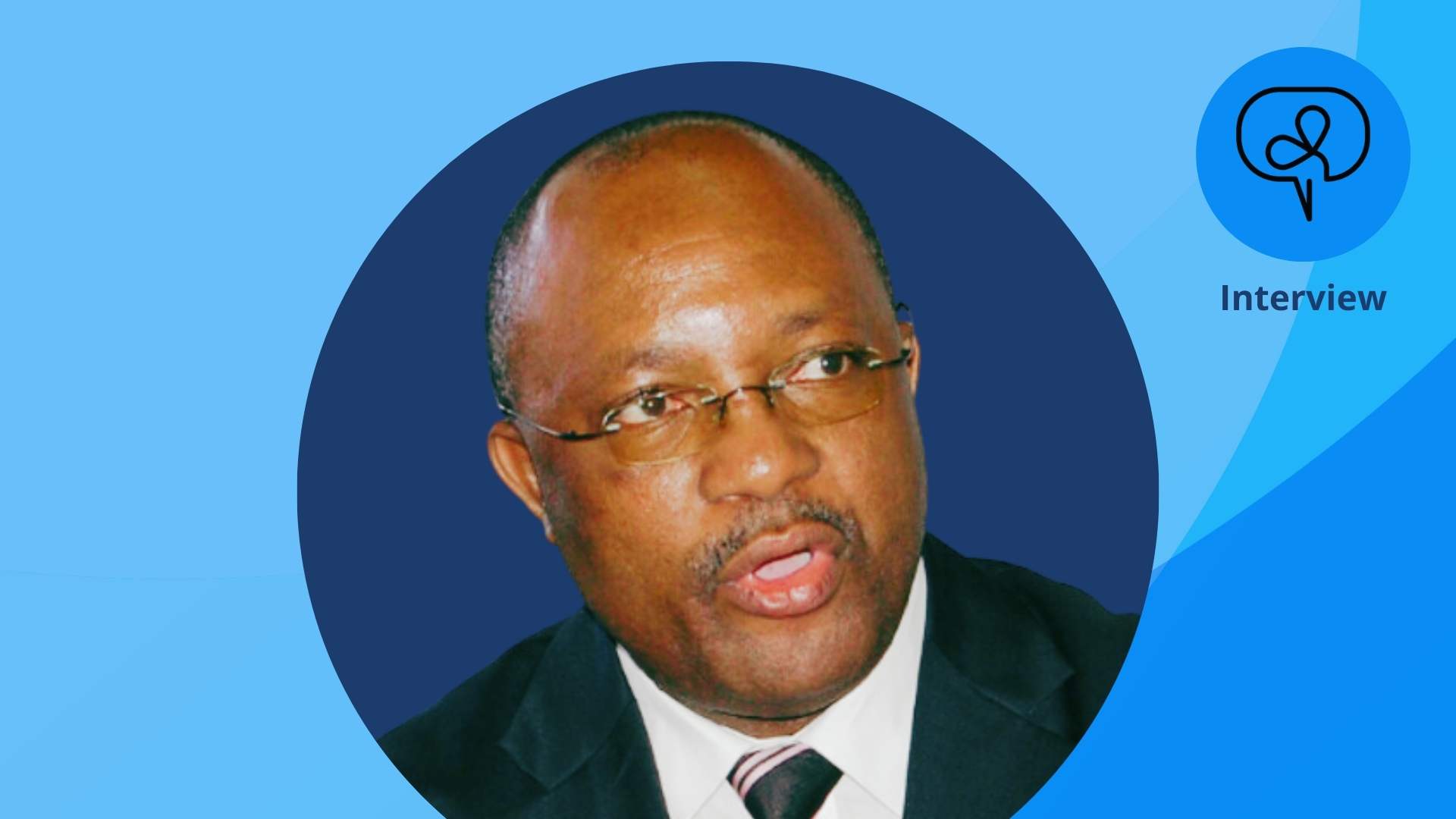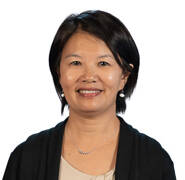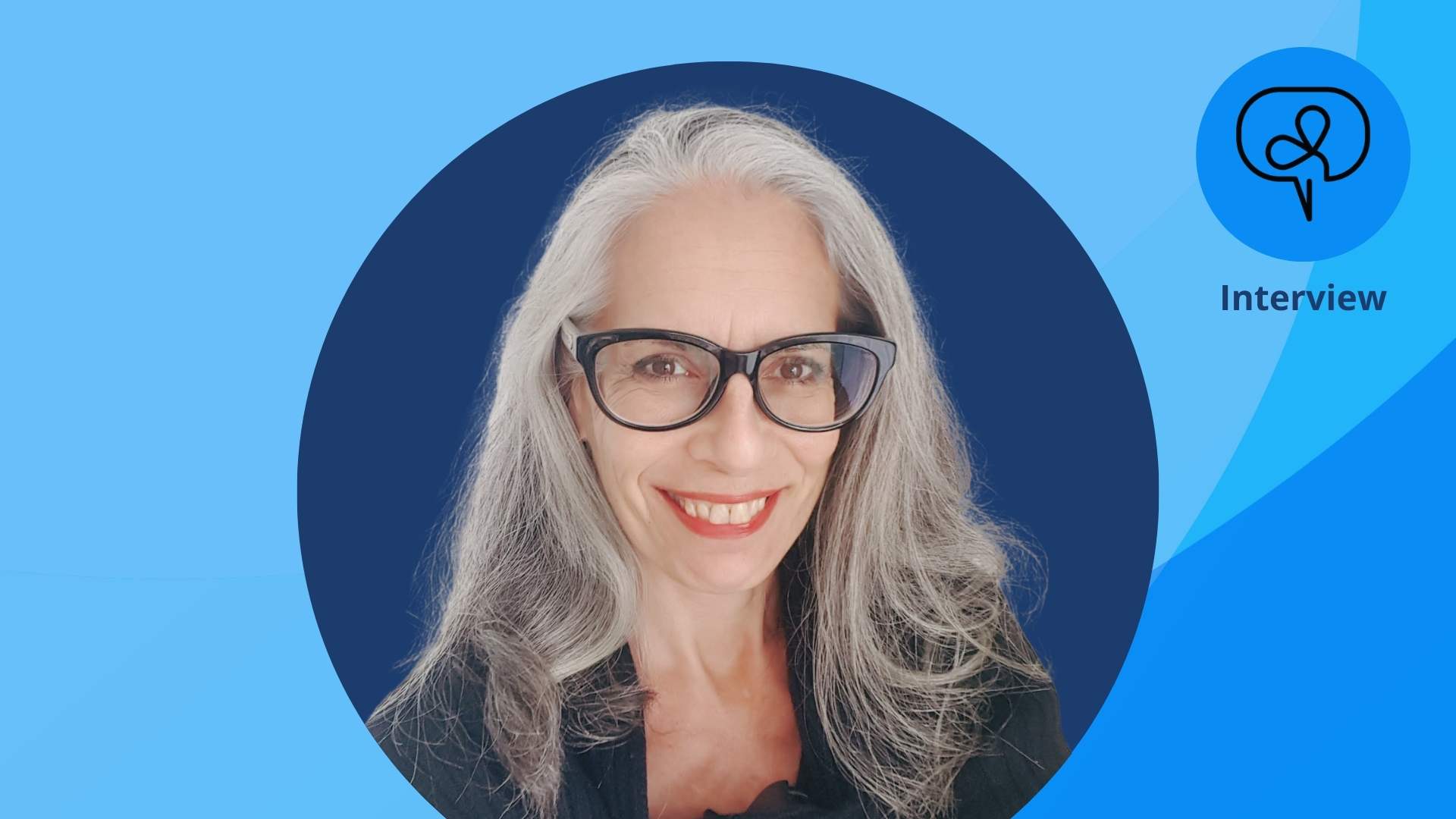
A conversation with Elisabeth Simelton/Sida, GDPRD member
Elisabeth’s scientific background, experience in the field and growing up on a farm imparts an on-the-ground perspective to donor funding in food security and transforming food systems. She shares concrete examples of what works and a future vision for our small-scale farmers and younger generation.
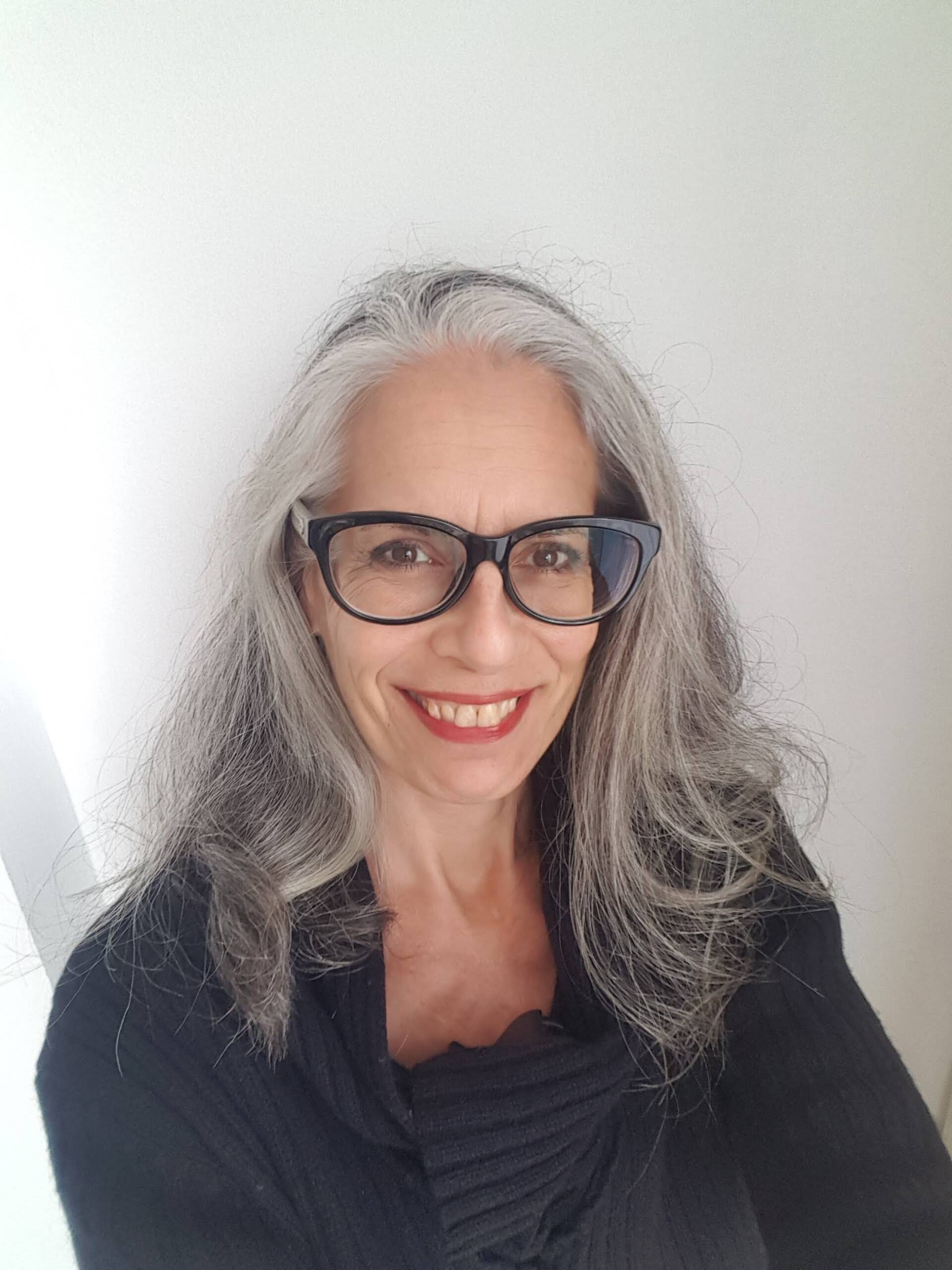
Elisabeth Simelton
Senior Policy Specialist – Agriculture, International Organisations and Policy Support
Swedish International Development Cooperation Agency (Sida)
Elisabeth Simelton is the Senior Policy Specialist – Agriculture, International Organisations and Policy Support at the Swedish International Development Cooperation Agency (Sida). She is a geographer who has worked extensively with agriculture, rural development and environmental issues across Africa, Asia and Europe.
Secretariat: How would you describe Sweden's engagement in agriculture, rural development and food systems? What are the current priorities of your government?
Elisabeth: With a new government since September, it is too early to tell what the differences will be in development aid for agriculture and rural development. What we do know is that the foreign aid target will not go below 0.8% of gross national income. Trade collaborations for aid will also become more important in the future.
Historically, around 5% of Sida’s total budget is focused directly on agriculture and rural development, going, for example, to supporting cooperatives. There's also been a shift from more focus on agronomy to being more integrated with other strategies like economic development, climate and the environment.
About 90% of our funding towards agriculture development and SDG2 is shared between multilateral institutions and civil society organizations, with the majority going to Africa and the MENA region.
Secretariat: How do you see Sida's priorities blend with those of other members in the donor community? How do you collaborate and coordinate with other donors? Could you share some examples?
Elisabeth: Since Brexit, more of our coordination is shaped within the European Union. Sida’s work is guided by five perspectives: a focus on poverty, based on rights, with a conflict perspective, fostering equality, and environment and climate. We look for like-minded colleagues who share similar perspectives.
Our collaborations also depend on thematic areas. In general, we collaborate a lot with Norway and Canada, working together with organizations like ONE UN initiatives and supporting NGOs and CSOs. With NORAD, for example, we've supported the programme Rural Women’s Economic Empowerment, a collaboration through UNDP, implemented by UN Women, FAO and IFAD, in Nepal, Niger, Pacific Islands. Tanzania and Tunisia.
With the Scandinavians, we share some history, so we talk a lot together. Historically, we developed our strengths based on our own development. Finland is strong in forestry, Norway on fishery and aquaculture, and Sweden on farmer cooperative organisations. Before Sida, I was a scientist working at ICRAF in Vietnam and got involved with the Forest Farm Facility, a Sida-funded FAO program which seeks to integrate sustainable food systems through increased agrobiodiversity. This approach works in many countries through big farmer organisations and where it is possible to make a change.
Elisabeth Simelton | Swedish International Development Cooperation Agency (Sida), GDPRD Member. This video is a recording of the interview, conducted by the Secretariat of the Global Donor Platform for Rural Development in November 2022.
We are now concentrated on solving the immediate crises, but there will be another crisis coming. It is important to maintain a long-term perspective and also deal with the root causes to hunger and malnutrition.
Secretariat: With such important crises happening right now, how is Sweden balancing short-term emergency needs with building long-term resilience? What is your agency doing and how is it working multilaterally to respond?
Elisabeth: We want to see more seamless transitions between humanitarian and development contributions, especially in a fragile context with prolonged crises and existing issues before Ukraine, such as in the Sahel.
I would personally like to see more on forecasting issues. We know El Niño and La Niña reappear and are important in terms of food security, so it is important to connect this to conflict situations. We support and encourage the collaboration with WFP, IFAD and FAO, to capture more of these sustainability issues in the humanitarian field. How long can we pump deeper wells and drinking water last? When is it safe during or after the war or nuclear contamination to start planting another crop? Where will we find substitute crops? These are difficult but critical questions that open up new areas for attention.
The SIANI is an example where we learn from how small-scale producers with diverse systems are able to maintain food production with limited resources. These systems show us resilience is there when not dependent on inputs from outside. We need to see if this is economically sustainable, so multi-dimensional poverty assessments need to involve more links between poverty and food, food security and nutrition.
We are now concentrated on solving the immediate crises, but there will be another crisis coming. It is important to maintain a long-term perspective and also deal with the root causes to hunger and malnutrition.
Secretariat: How do you see the future of food systems?
Elisabeth: It's important to learn from how donors and small-scale farmers have responded to the pandemic and the Ukraine war. It is critical we don't build in old errors when transforming food systems. The UN Food System Summit (FSS) created many action plans - we need to make sure these contribute to the needs in specific countries because contexts differ even within one country.
We need to look at the value chain perspective and ensure our investments don’t undermine small-scale producers, as they are the strength in this crisis. PROGREEN works with small-scale farmers to make sure subsidies support small-scale producers equally.
Also, we need to think more broadly about food security in a food systems perspective. We can raise awareness on where interventions can make an impact, affect other investments along the value chain, and identify the weakest links to nudge the system in sustainable directions. For example, in Zambia, where we have a long relationship with local organizations and farmers, farmers were able to digitally link up with consumers during the pandemic and contribute on equal terms.
The new Donor Platform website has collected good guidance to help us on food systems approaches. Here, I listen to the voices of FAO, the World Bank and the OECD, for ideas where we need to look at more and that will direct the future for us.
Secretariat: What would you like small-scale famers and the younger generation to know, what should give them hope for tomorrow?
Elisabeth: I come from a small-scale farmer family but my grandfather told me there is no future in agriculture. I have since worked my whole life with agriculture, not as a farmer but in different ways. Food and agriculture are the future. Everybody needs to eat and eat healthily so there are many ways we can work with agriculture.
Youth can be innovative in working with limited resources. Through the FSS and Stockholm+50, Sweden showed examples of what young agripreneurs could do in the Global South with limited resources. There are also innovation opportunities in reducing waste, either between farm and markets or in recycling.
I hope our youth can attend and contribute more to meetings with donors and events such as COP and the FSS follow-up. They can share their crises response stories and also know that they are essential.

